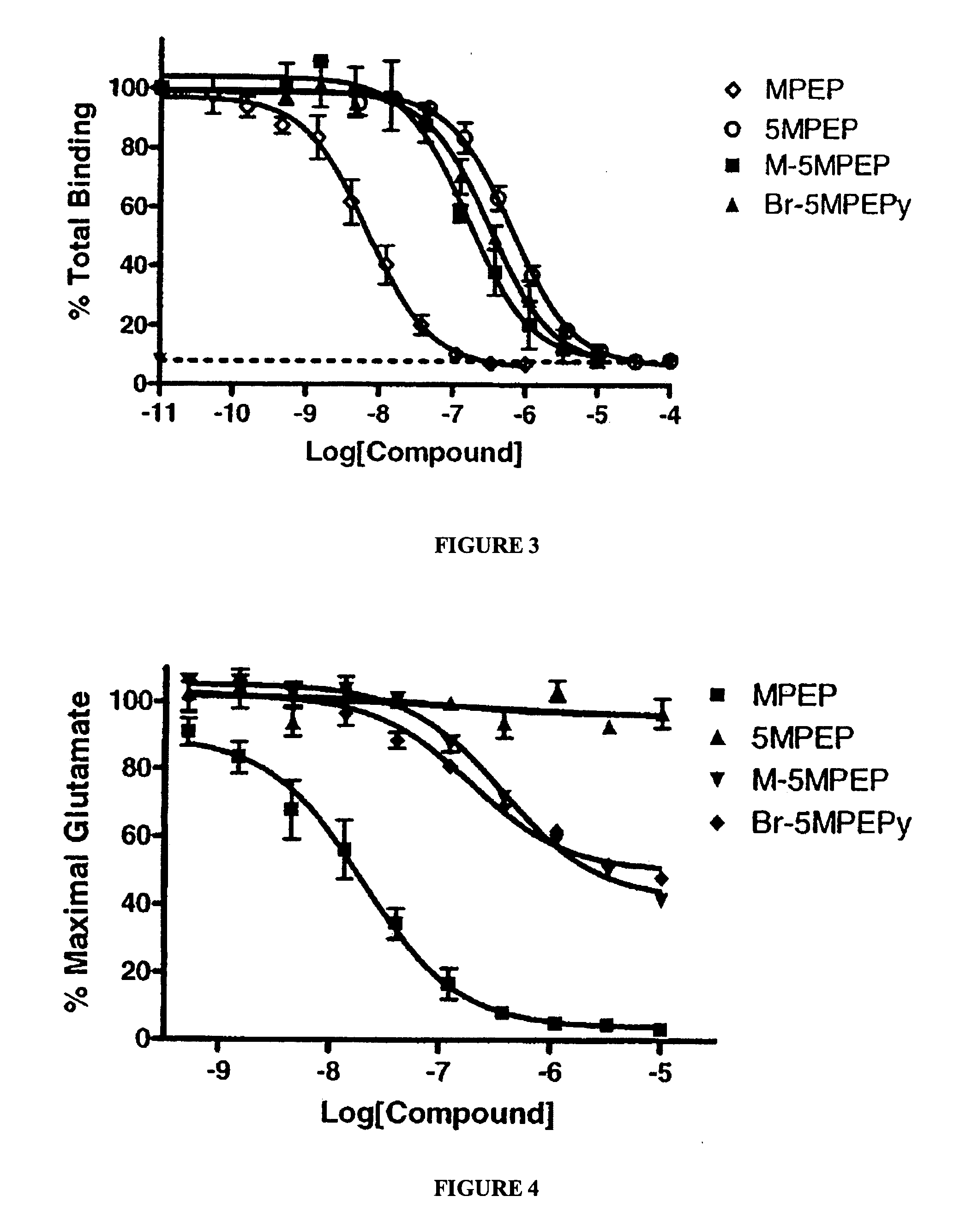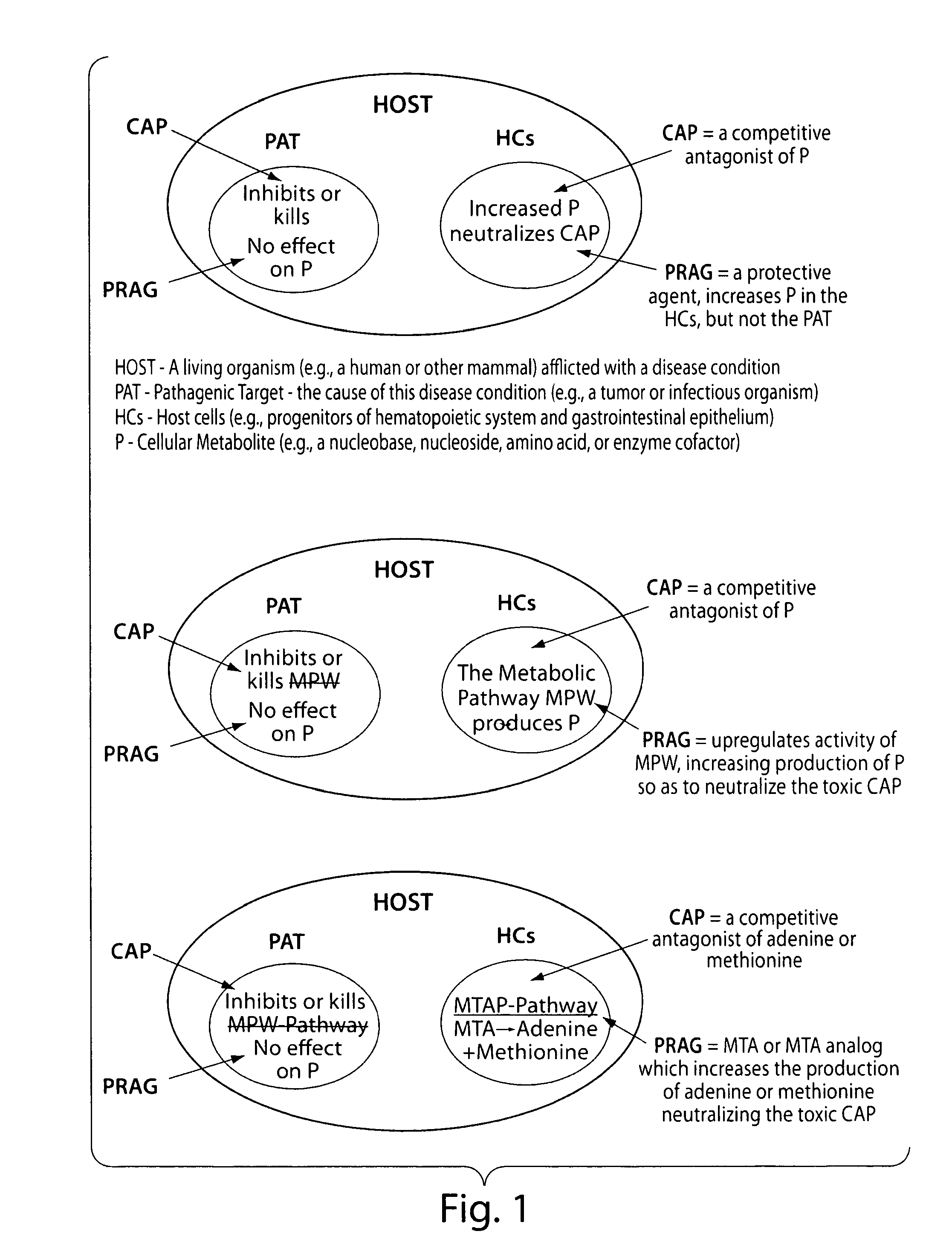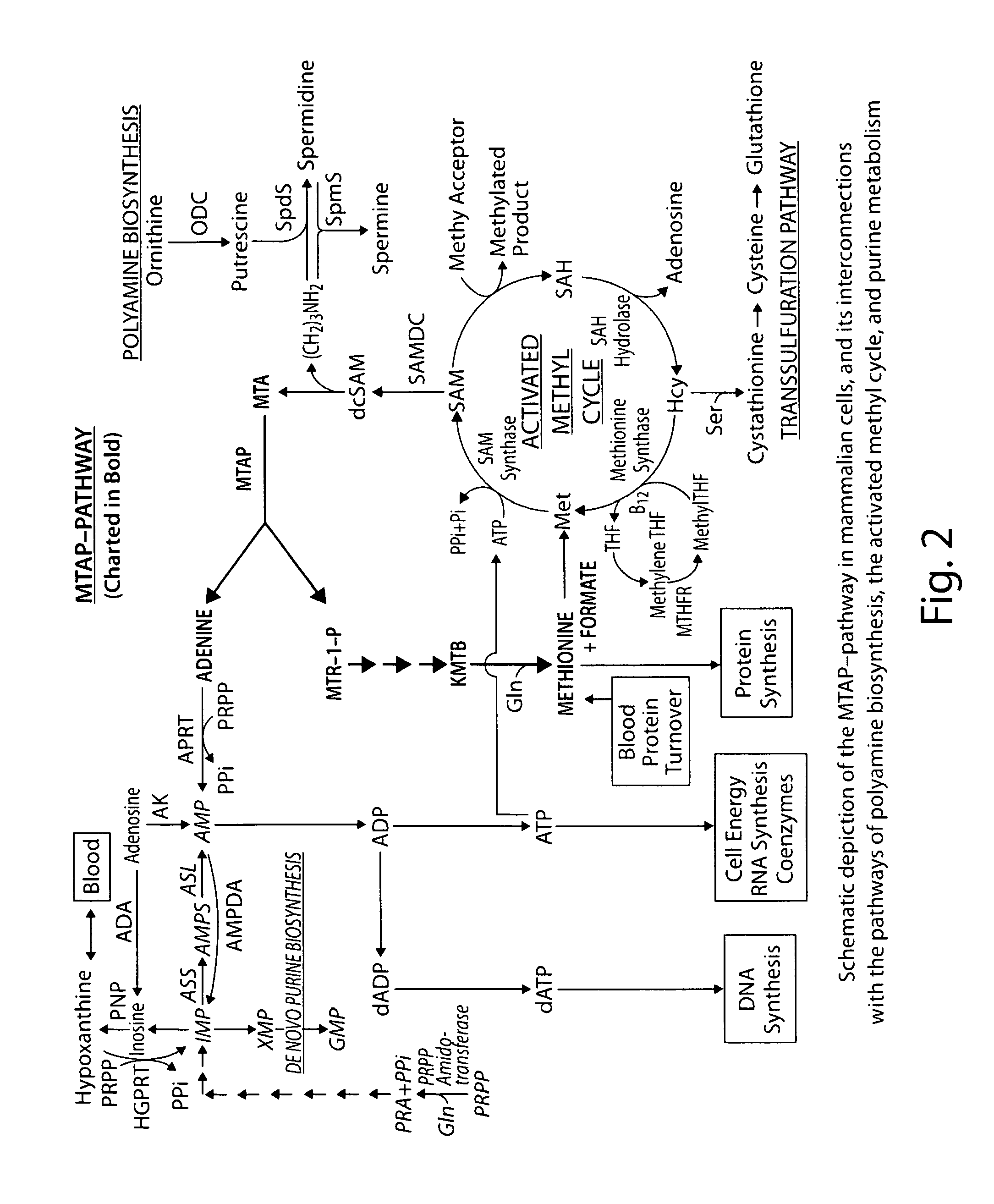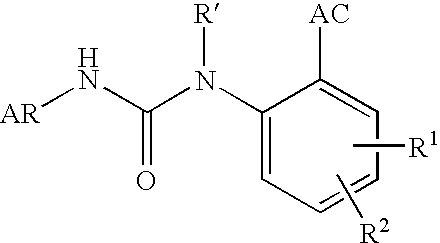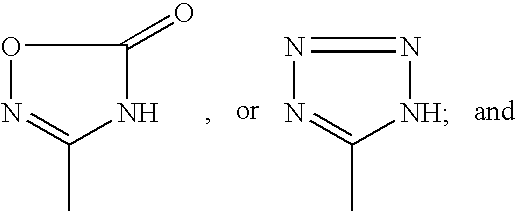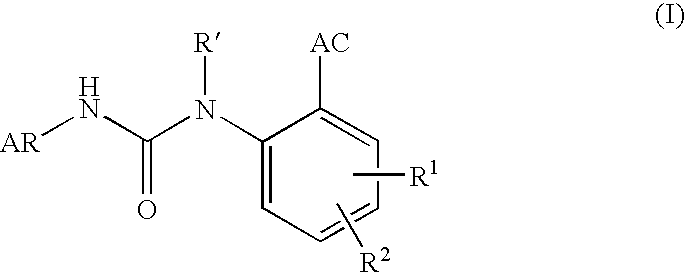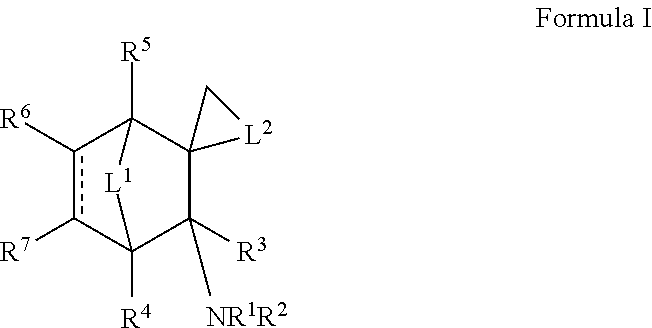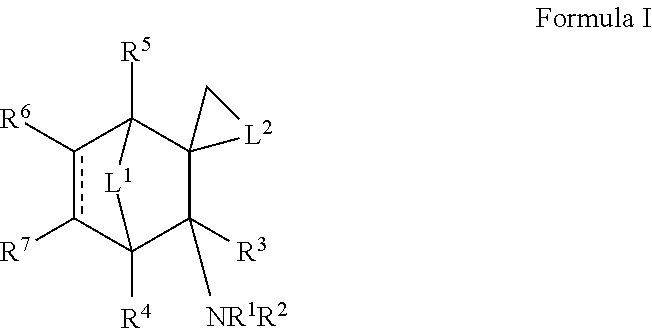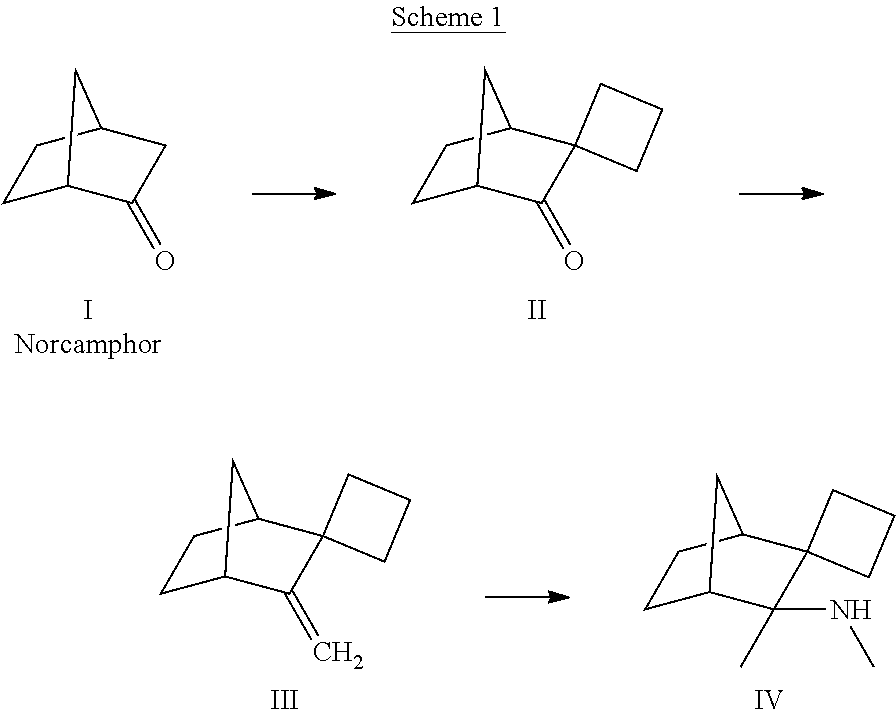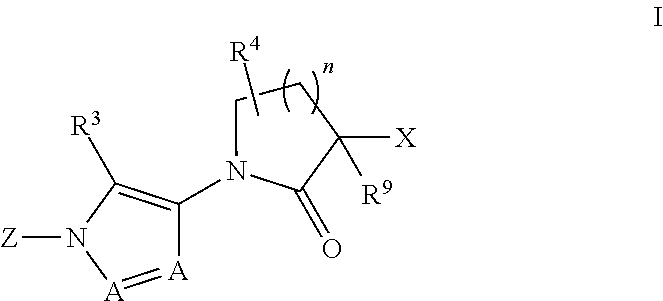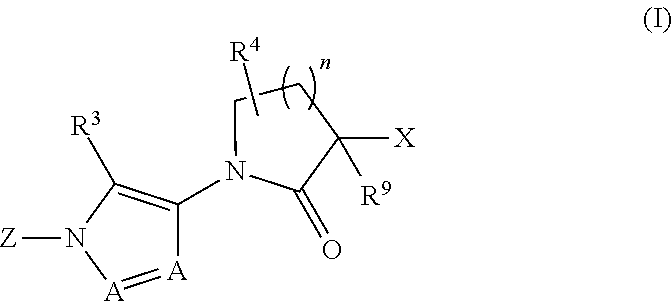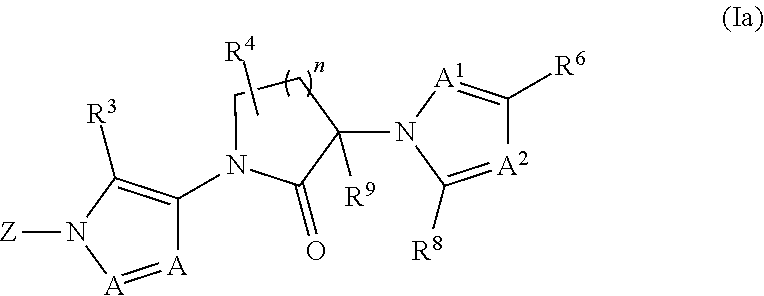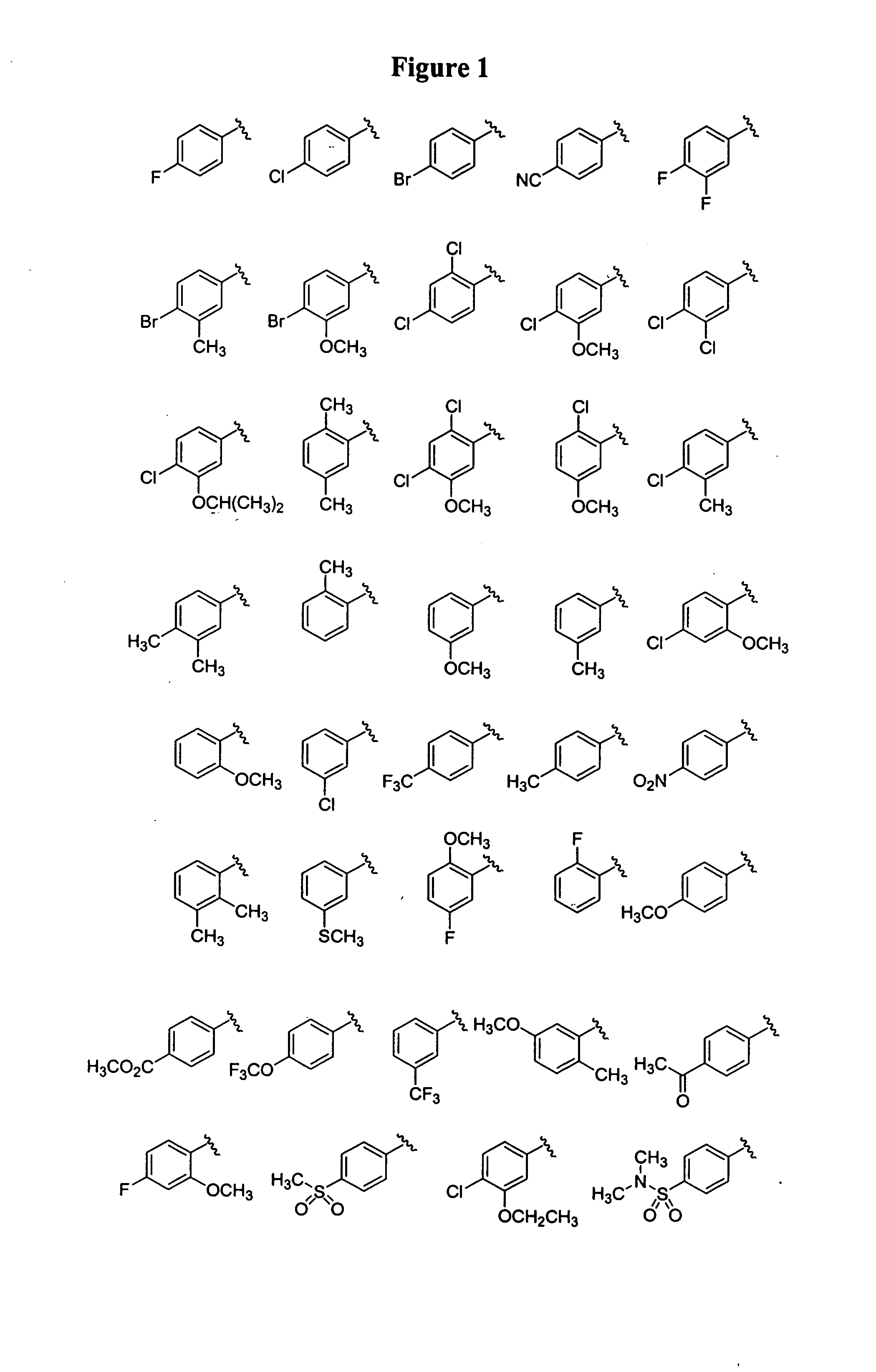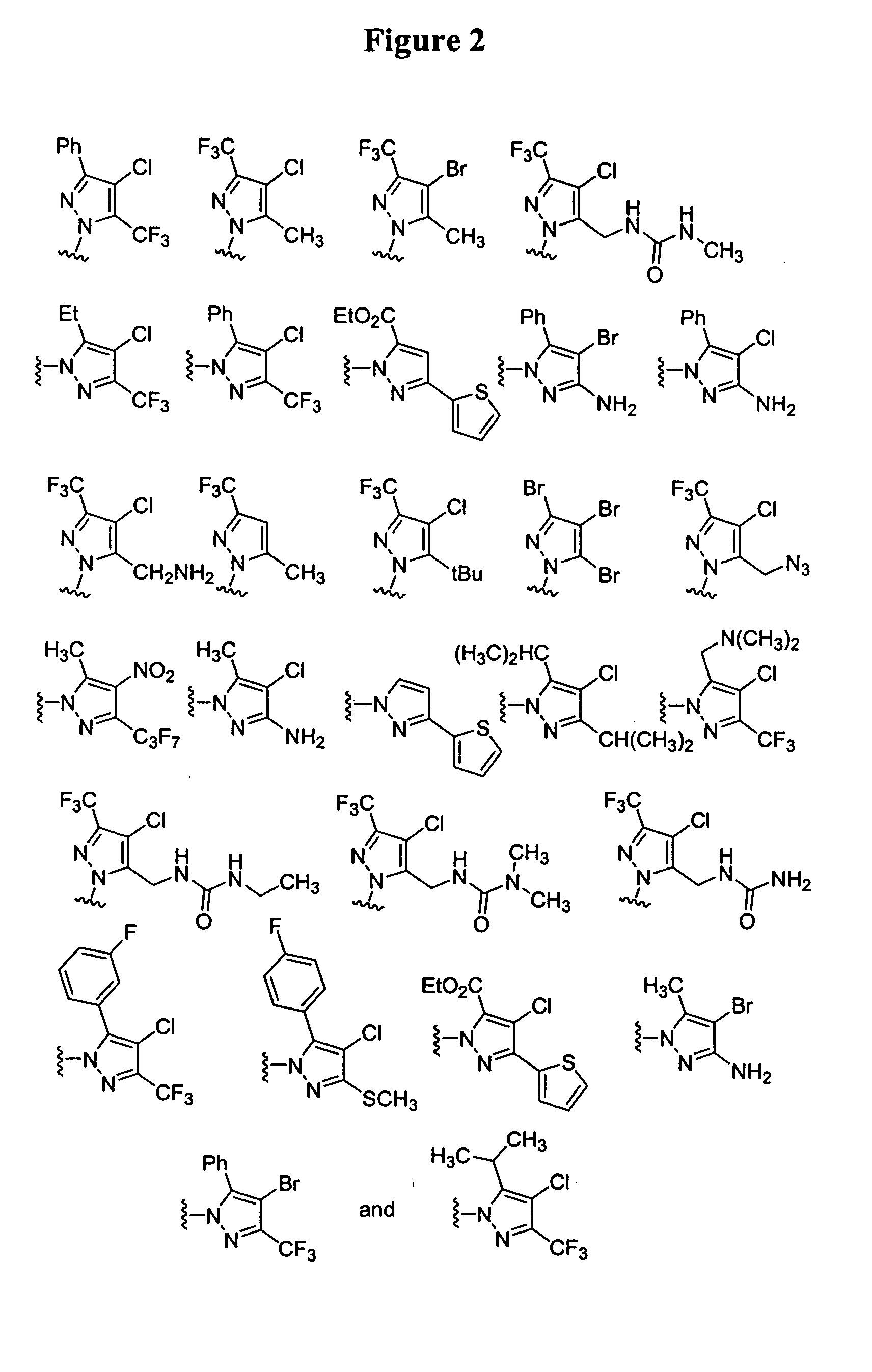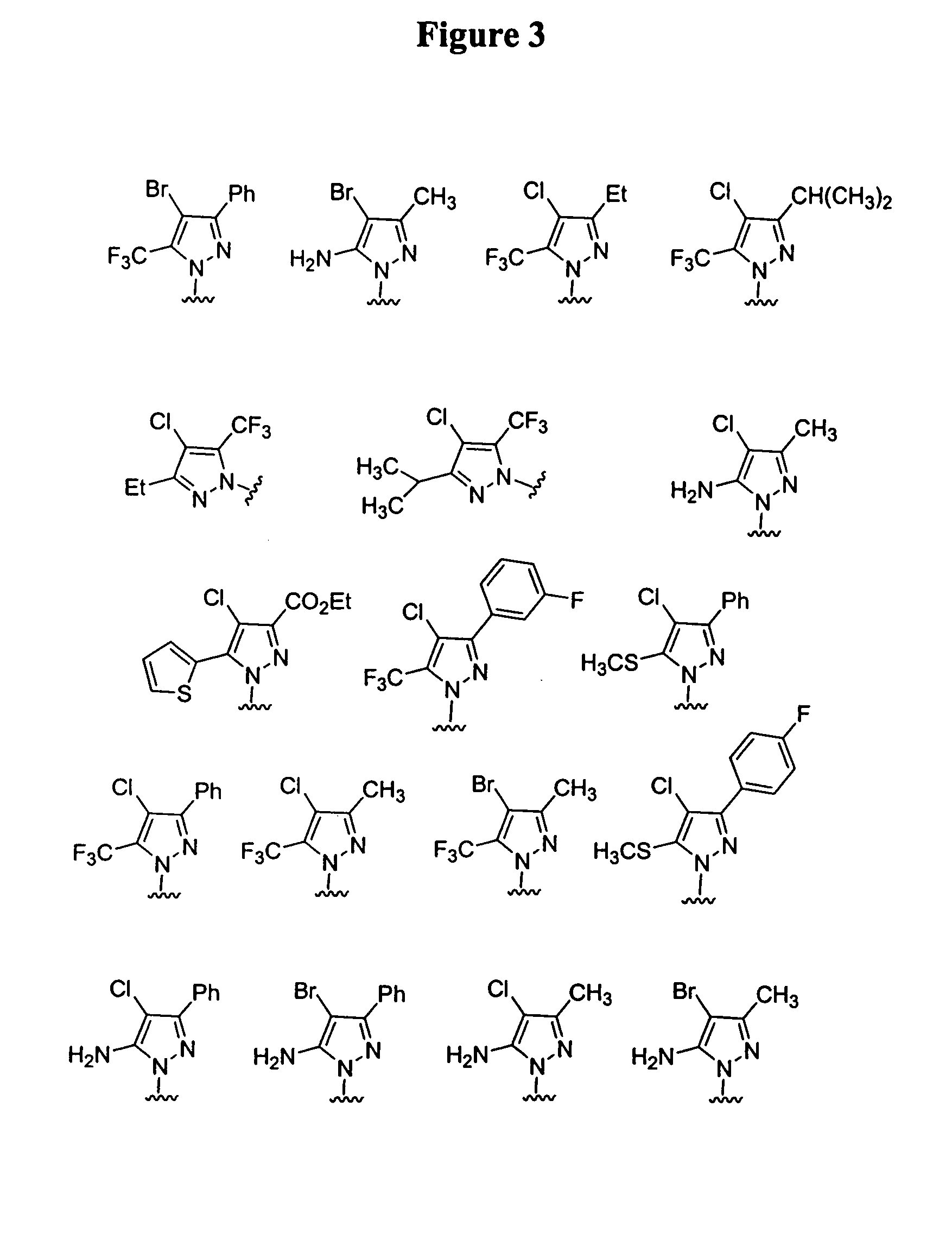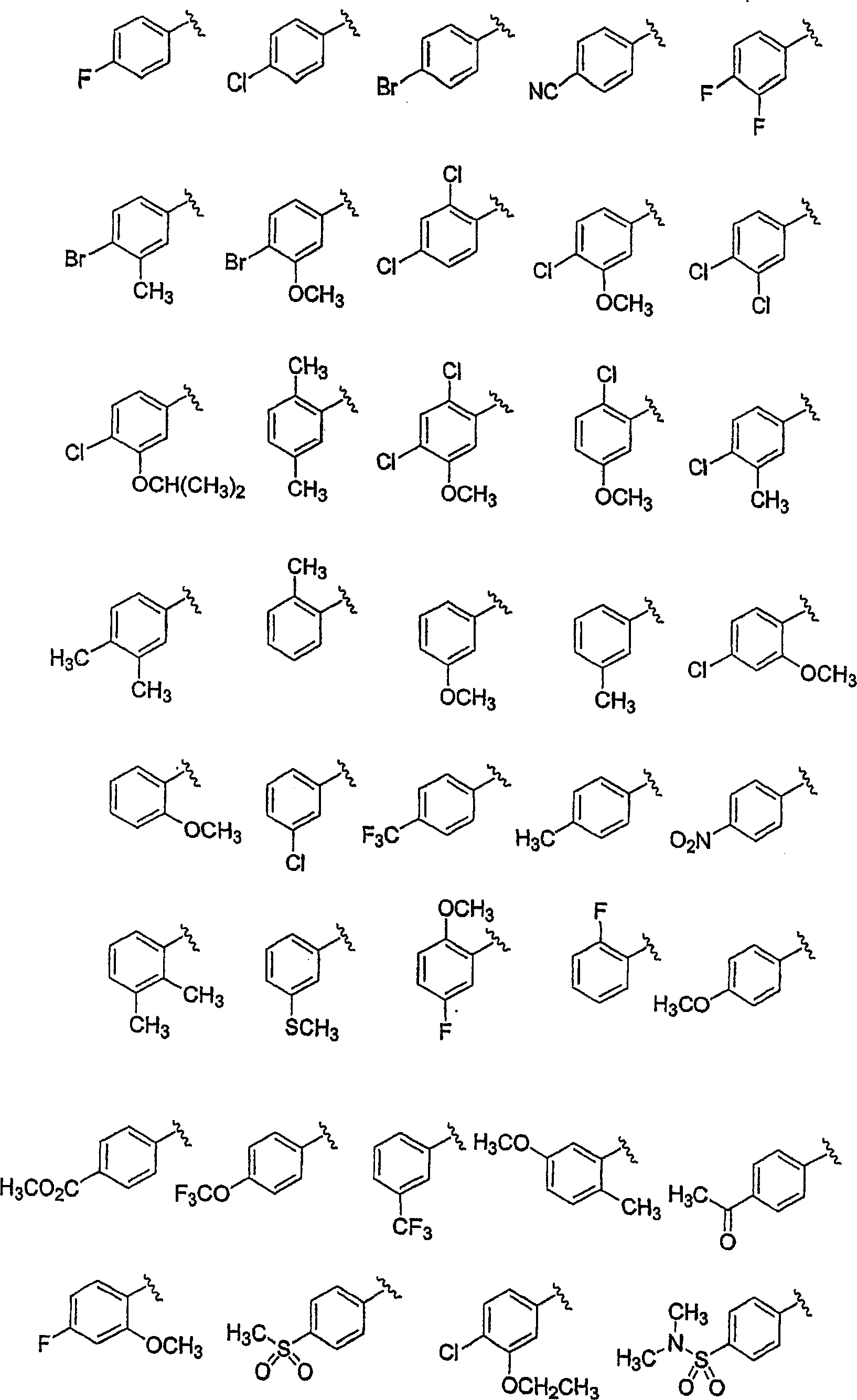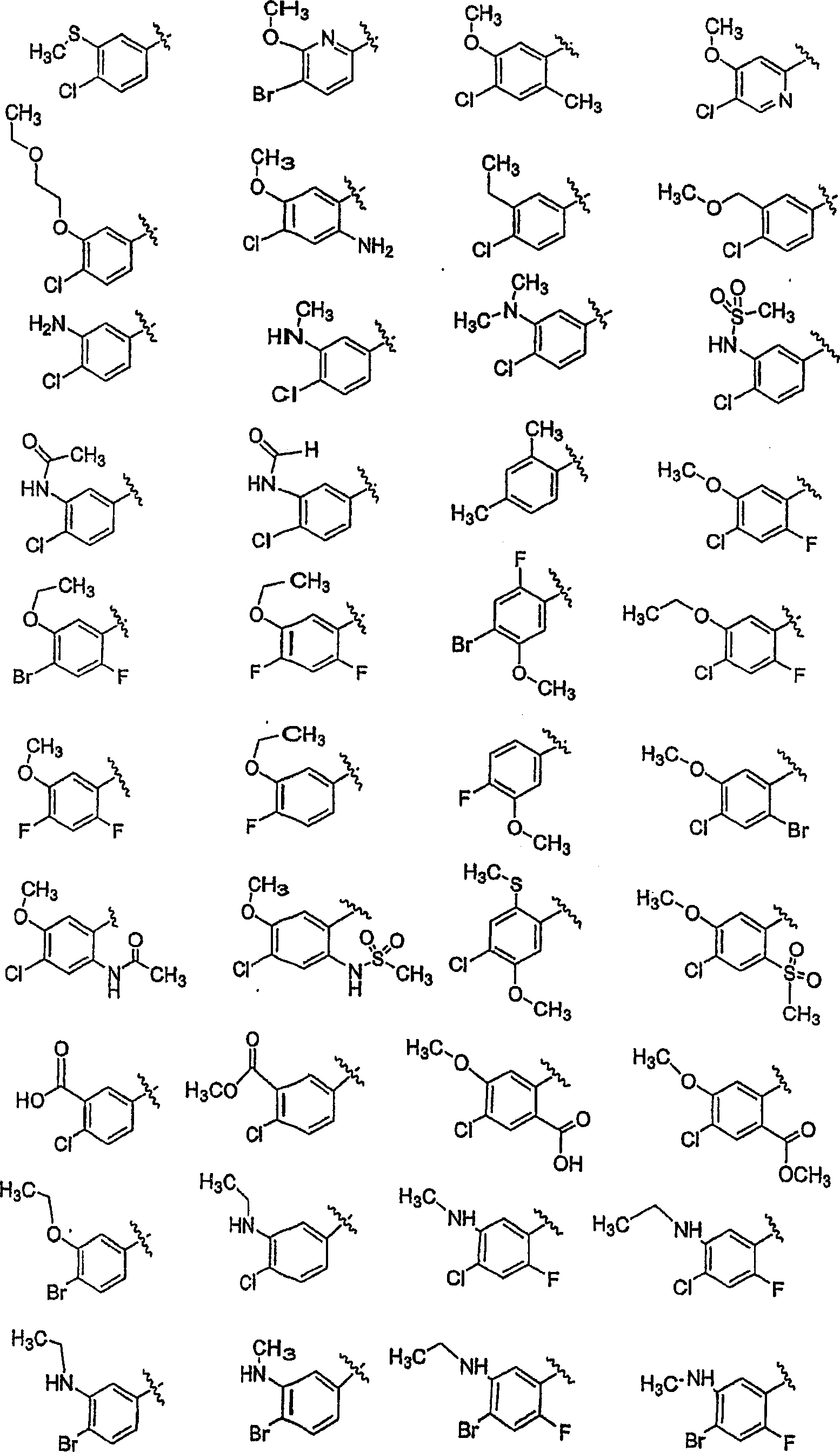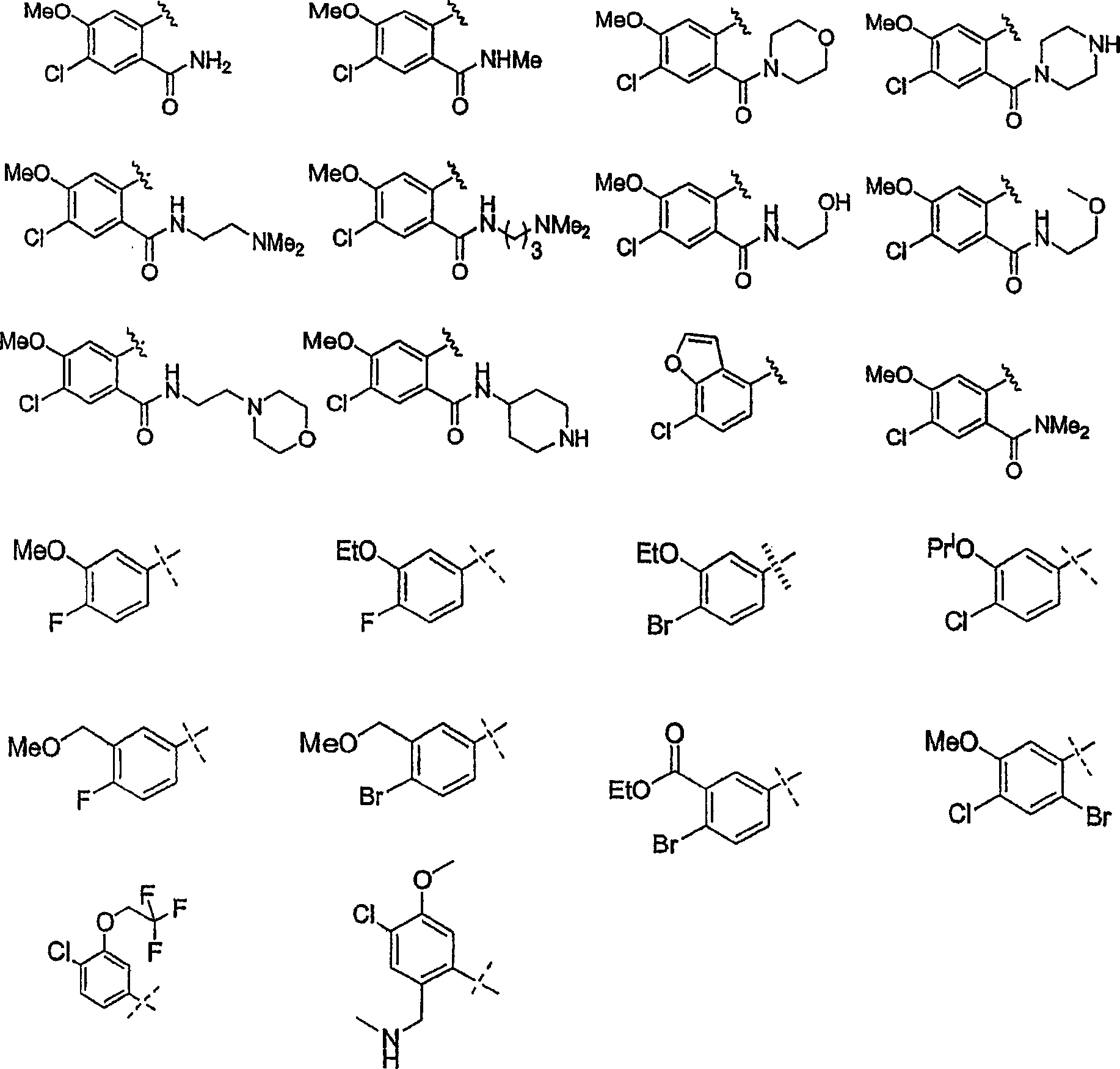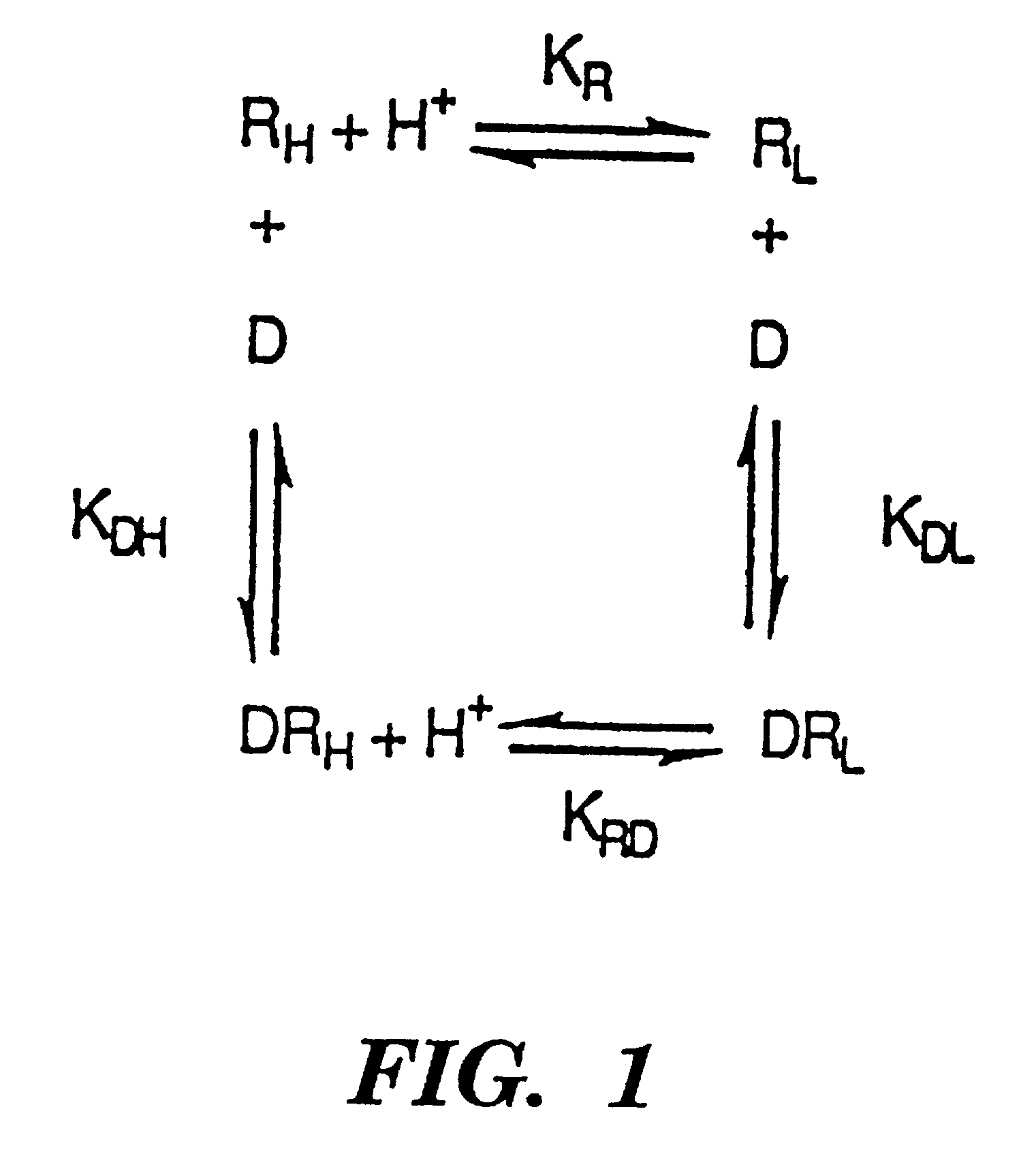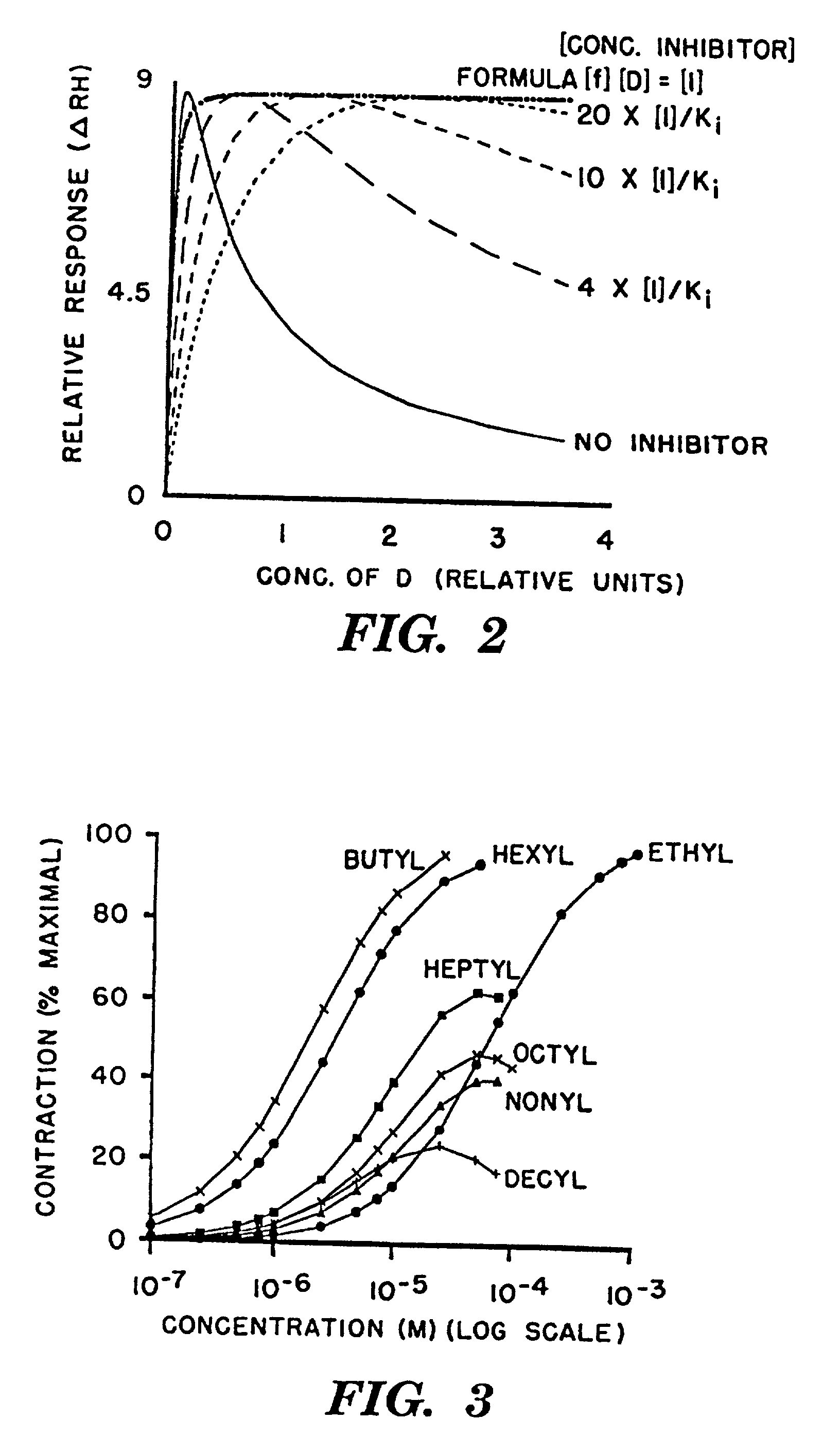Patents
Literature
Hiro is an intelligent assistant for R&D personnel, combined with Patent DNA, to facilitate innovative research.
47 results about "Competitive antagonist" patented technology
Efficacy Topic
Property
Owner
Technical Advancement
Application Domain
Technology Topic
Technology Field Word
Patent Country/Region
Patent Type
Patent Status
Application Year
Inventor
A competitive antagonist is a receptor antagonist that binds to a receptor but does not activate the receptor. The antagonist will compete with available agonist for receptor binding sites on the same receptor. Sufficient antagonist will displace the agonist from the binding sites, resulting in a lower frequency of receptor activation. Presence of a competitive antagonist will shift an agonism dose-response curve to the right. A Schild plot for a competitive antagonist will have a slope equal to 1, and the X-intercept and Y-intercept will each equal the dissociation constant of the antagonist. Competitive antagonists are used to prevent the activity of drugs, and to reverse the effects of drugs that have already been consumed. Naloxone is used to reverse opioid overdose caused by drugs such as heroin or morphine. Similarly, Ro15-4513 is an antidote to alcohol and flumazenil is an antidote to benzodiazepines. A competitive antagonist can be reversible competitive antagonist or irreversible competitive antagonist.
Substituted piperazines
Compounds are provided that act as potent antagonists of the CCR1 receptor, and have in vivo anti-inflammatory activity. The compounds are generally aryl piperazine derivatives and are useful in pharmaceutical compositions, methods for the treatment of CCR1-mediated diseases, and as controls in assays for the identification of competitive CCR1 antagonists.
Owner:CHEMOCENTRYX INC
Humanized anti-human NKG2A monoclonal antibody
ActiveUS8796427B2Improved propertyLow immunogenicityAntipyreticAnalgesicsMonoclonal antibodyNon competitive
The present invention relates to agents that are non-competitive antagonists of the CD94 / NKG2A receptor such as certain anti-NKG2A antibodies, in particular humanized versions of murine anti-NKG2A antibody Z199, as well as methods of producing and using such agents and antibodies.
Owner:NOVO NORDISK AS
Azaindazole compounds and methods of use
Compounds are provided that act as potent antagonists of the CCR1 receptor, and have in vivo anti-inflammatory activity. The compounds are generally aryl piperazine derivatives and are useful in pharmaceutical compositions, methods for the treatment of CCR1-mediated diseases, and as controls in assays for the identification of competitive CCR1 antagonists.
Owner:CHEMOCENTRYX INC
Tricyclic pyridyl carboxamides and derivatives thereof tocolytic oxytocin receptor antagonists
This invention provides novel substituted tricyclic pyridyl carboxamides which act as oxytocin receptor competitive antagonists, as well as methods of their manufacture, pharmaceutical compositions and methods of their use in treatment, inhibition, suppression or prevention of preterm labor, dysmenorrhea, endometritis, suppression of labor at term prior to caesarean delivery, and to facilitate antinatal transport to a medical facility. These compounds are also useful in enhancing fertility rates, enhancing survival rates and synchronizing estrus in farm animals; and may be useful in the prevention and treatment of disfunctions of the oxytocin system in the central nervous system including obsessive compulsive disorder (OCD) and neuropsychiatric disorders.
Owner:WYETH LLC
Monocyclic and bicyclic compounds and methods of use
Owner:CHEMOCENTRYX INC
Substituted piperazines
Compounds are provided that act as potent antagonists of the CCR1 receptor, and which have been further confirmed in animal testing for inflammation, one of the hallmark disease states for CCR1. The compounds are generally aryl piperazine derivatives and are useful in pharmaceutical compositions, methods for the treatment of CCR1-mediated diseases, and as controls in assays for the identification of competitive CCR1 antagonists.
Owner:CHEMOCENTRYX INC
Piperidine derivatives and methods of use
Compounds are provided that act as potent antagonists of the CCR1 receptor, and have in vivo anti-inflammatory activity. The compounds are generally monocyclic and bicyclic compounds and are useful in pharmaceutical compositions, methods for the treatment of CCR1-mediated diseases, and as controls in assays for the identification of competitive CCR1 antagonists.
Owner:CHEMOCENTRYX INC
Polypeptide composition for skin whitening and spot relieving
ActiveCN105362088AInhibitory activityGood effectCosmetic preparationsToilet preparationsMedicineMedical product
The invention provides a polypeptide composition for skin whitening and spot relieving. The polypeptide composition comprises an MC1-R antagonist (namely an alpha-MSH competitive antagonist) and / or a composition of polypeptides inhibiting alpha-MSH expression and / or a tyrosinase inhibitor. The polypeptide composition can reduce the generation of melanin, and contributes to skin brightening, so as to achieve the purposes of relieving color spots (chloasma, butterfly rash, freckle and the like), improving sallow tone and whitening skin. The concentration of each polypeptide is 0.0001-5%. The polypeptide composition provided by the invention can be prepared into various beauty and skin-care products as well as medical products.
Owner:宇肽生物(东莞)有限公司
Piperidine derivatives and methods of use
Compounds are provided that act as potent antagonists of the CCR1 receptor, and have in vivo anti-inflammatory activity. The compounds are generally monocyclic and bicyclic compounds and are useful in pharmaceutical compositions, methods for the treatment of CCR1-mediated diseases, and as controls in assays for the identification of competitive CCR1 antagonists.
Owner:CHEMOCENTRYX INC
Humanized Anti-Human NKG2A Monoclonal Antibody
ActiveUS20110052606A1Improved propertyLow immunogenicityAntipyreticAnalgesicsNon competitiveNon-competitive antagonist
The present invention relates to agents that are non-competitive antagonists of the CD94 / NKG2A receptor such as certain anti-NKG2A antibodies, in particular humanized versions of murine anti-NKG2A antibody Z199, as well as methods of producing and using such agents and antibodies.
Owner:NOVO NORDISK AS
Azaindazole compounds and methods of use
Compounds are provided that act as potent antagonists of the CCR1 receptor, and have in vivo anti-inflammatory activity. The compounds are generally aryl piperazine derivatives and are useful in pharmaceutical compositions, methods for the treatment of CCR1-mediated diseases, and as controls in assays for the identification of competitive CCR1 antagonists.
Owner:CHEMOCENTRYX INC
Diazole lactams
Compounds are provided that act as potent antagonists of the CCR1 receptor, and have in vivo anti-inflammatory activity. The compounds are diazole lactam derivatives and are useful in pharmaceutical compositions, methods for the treatment of CCR1-mediated disease, and as controls in assays for the identification of competitive CCR1 antagonists.
Owner:CHEMOCENTRYX INC
Substituted piperazines
Compounds are provided that act as potent antagonists of the CCR1 receptor, and have in vivo anti-inflammatory activity. The compounds are generally aryl piperazine derivatives and are useful in pharmaceutical compositions, methods for the treatment of CCR1-mediated diseases, and as controls in assays for the identification of competitive CCR1 antagonists.
Owner:CHEMOCENTRYX INC
Method for the selective therapy of disease
ActiveUS20120094947A1Low toxicityIncrease level of cellAntibacterial agentsBiocideDiseaseCompetitive antagonist
Methods for treating diseases in humans and vertebrate animals are provided using competitive antagonists of cellular metabolites combined with a protective agent for protecting host cells from toxic effects of the drugs. Also provided are kits comprising competitive antagonists and suitable protective agents. In addition, screening methods for identifying competitive antagonists, protective agents and potentiating agents, for use according to the methods of the invention, are provided.
Owner:LUBIN ADAM +1
3-(imidazolyl)-pyrazolo[3,4-b]pyridines
Compounds are provided that act as potent antagonists of the CCR1 receptor, and have in vivo anti-inflammatory activity. The compounds are 3-imidazoyl-pyrazolo[3,4-b]pyridine derivatives and are useful in pharmaceutical compositions, methods for the treatment of CCR1-mediated disease, and as controls in assays for the identification of competitive CCR1 antagonists.
Owner:CHEMOCENTRYX INC
Compositions to enhance the efficacy and safety of bio-pharmaceutical drugs
InactiveUS6593094B2Compounds screening/testingOrganic active ingredientsSide effectCost effectiveness
Owner:ENHANCED PHARMA
4-amino-3-(imidazolyl)-pyrazolo[3,4-d]pyrimidines
Compounds are provided that act as potent antagonists of the CCR1 receptor, and have in vivo anti-inflammatory activity. The compounds are 4-amino-3-imidazoyl-pyrazolo[3,4-d]pyrimidine derivatives and are useful in pharmaceutical compositions, methods for the treatment of CCR1-mediated disease, and as controls in assays for the identification of competitive CCR1 antagonists.
Owner:CHEMOCENTRYX INC
Drug compositions to prevent desensitization of cellular receptors
InactiveUS6673558B1Compounds screening/testingOrganic active ingredientsCompetitive antagonistRatio method
Drug compositions combining antagonists with agonists to prevent desensitization of cellular receptors. An agonist is a substance or drug that produces a maximal or nearly maximal response, whereas an antagonist is a substance or molecule that produces no response, but can block the action of the agonist / drug. A partial agonist produces a moderate response and can also block the response of the receptor to the agonist / drug. The instant invention solves the problem of determining the optimal concentration of an antagonist or inhibitor which is necessary to prevent desensitization, without causing unnecessary and unwanted inhibition, by providing a formulative method detailing how a competitive antagonist of the receptor should be combined with an agonist in a specific proportion to maximize and maintain receptor response throughout drug therapy / administration. Use of the "optimal ratio method" to determine a specific agonist / antagonist composition to prevent .beta..sup.2 receptor desensitization is experimentally verified and validated.
Owner:ENHANCED PHARMA
Substituted piperazines
Compounds are provided that act as potent antagonists of the CCR1 receptor, and which have been further confirmed in animal testing for inflammation, one of the hallmark disease states for CCR1. The compounds are generally aryl piperazine derivatives and are useful in pharmaceutical compositions, methods for the treatment of CCR1-mediated diseases, and as controls in assays for the identification of competitive CCR1 antagonists.
Owner:CHEMOCENTRYX INC
Diazole amides
Compounds are provided that act as potent antagonists of the CCR1 receptor, and have in vivo anti-inflammatory activity. The compounds are diazole lactam derivatives and are useful in pharmaceutical compositions, methods for the treatment of CCR1-mediated disease, and as controls in assays for the identification of competitive CCR1 antagonists.
Owner:CHEMOCENTRYX INC
Diazole amides
Owner:CHEMOCENTRYX INC
4-amino-3-(imidazolyl)-pyrazolo[3,4-D]pyrimidines
Compounds are provided that act as potent antagonists of the CCR1 receptor, and have in vivo anti-inflammatory activity. The compounds are 4-amino-3-imidazoyl-pyrazolo[3,4-d]pyrimidine derivatives and are useful in pharmaceutical compositions, methods for the treatment of CCR1-mediated disease, and as controls in assays for the identification of competitive CCR1 antagonists.
Owner:CHEMOCENTRYX INC
Partial mGluR5 antagonists for treatment of anxiety and CNS disorders
InactiveUS20070208028A1Symptoms improvedEffective treatmentBiocideOrganic chemistryArylANXIETY COMPLEX
Provided is a method of treating conditions and disorders for which full mGluR5 antagonists are potentially effective, such as, e.g., anxiety, epilepsy, schizophrenia and other psychotic disorders, Parkinson's disease, addictive disorders, and the like in a subject in need of such treatment, comprising administration to such subject of a therapeutically effective amount of a partial, non-competitive mGluR5 antagonist compound of the invention. Specific examples of partial MgluR5 antagonists provided include those compounds having the formula: wherein: Z is, independently N or —CH—, provided that one, and only one Z is N; R is halogen (e.g., Br, F and the like), alkyl (e.g., methyl), alkenyl (e.g., CH═CH2, aryl (e.g., phenyl), heterocyclic (e.g., thiophenyl).
Owner:VANDERBILT UNIV
Therapy of tumors and infectious agents deficient in methylthioadenosine phosphorylase
ActiveUS8796241B2Low toxicityImprove the level ofAntibacterial agentsBiocideAdenosineCompetitive antagonist
Owner:LUBIN ADAM +1
Novel aryl ureido benzoic acid derivatives and their use
This invention relates to novel aryl ureido benzoic acid derivatives useful as selective and non-competitive antagonists of the ionotropic GluR5 receptor. Due to their biological activity, the aryl ureido derivatives of the invention are considered useful for treating diseases that are responsive to modulation of an aspartate or a glutamate receptor. Moreover the invention provides chemical compounds for use according to the invention, as well as pharmaceutical compositions comprising the chemical compounds, and methods of treating diseases or disorders or conditions responsive to modulation of an aspartate or a glutamate receptor.
Owner:NEUROSEARCH AS
Nicotinic receptor non-competitive antagonists
The present invention relates to compounds that modulate nicotinic receptors as non-competitive antagonists, methods for their synthesis, methods for use, and their pharmaceutical compositions.
Owner:TARGACEPT INC
Diazole lactams
Owner:CHEMOCENTRYX INC
Substituted piperazines
Owner:CHEMOCENTRYX INC
Substituted piperazines
Compounds are provided that act as potent antagonists of the CCR1 receptor, and have in vivo anti-inflammatory activity. The compounds are generally aryl piperazine derivatives and are useful in pharmaceutical compositions, methods for the treatment of CCR1-mediated diseases, and as controls in assays for the identification of competitive CCR1 antagonists.
Owner:CHEMOCENTRYX INC
Compositions to enhance the efficacy and safety of bio-pharmaceutical drugs
InactiveUS20010004529A1Prevent desensitizationReducing desensitizationCompounds screening/testingBiocideSide effectCost effectiveness
Optimal ratios of pharmaceutical compositions of beta-1 and beta-2 agonists with their respective antagonists. Safer, more cost-effective drugs for heart and lung therapies are made by combining specific antagonists with their agonists to prevent desensitization of cellular receptors, reducing some of the unwanted side-effects of the agonist drugs alone. Determining the optimal concentration of an antagonist or inhibitor, which is necessary to prevent desensitization, without causing unnecessary and unwanted inhibition, creates a new class of pharmaceuticals. To derive an optimum ratio for a specific composition, a formulative method is provided to detail how competitive antagonists of the receptor should be combined with agonists, in specific proportions, to maximize and maintain receptor response throughout drug administration. The "optimal ratio" methodology used to determine a specific agonist / antagonist composition, to prevent beta-1 or beta-2 receptor desensitization, is experimentally verified and validated for specific compositions. Alteration of a specific ratio is practiced to account for the pharmacokinetic / dynamic differences between animals and humans and within human populations.
Owner:ENHANCED PHARMA
Features
- R&D
- Intellectual Property
- Life Sciences
- Materials
- Tech Scout
Why Patsnap Eureka
- Unparalleled Data Quality
- Higher Quality Content
- 60% Fewer Hallucinations
Social media
Patsnap Eureka Blog
Learn More Browse by: Latest US Patents, China's latest patents, Technical Efficacy Thesaurus, Application Domain, Technology Topic, Popular Technical Reports.
© 2025 PatSnap. All rights reserved.Legal|Privacy policy|Modern Slavery Act Transparency Statement|Sitemap|About US| Contact US: help@patsnap.com
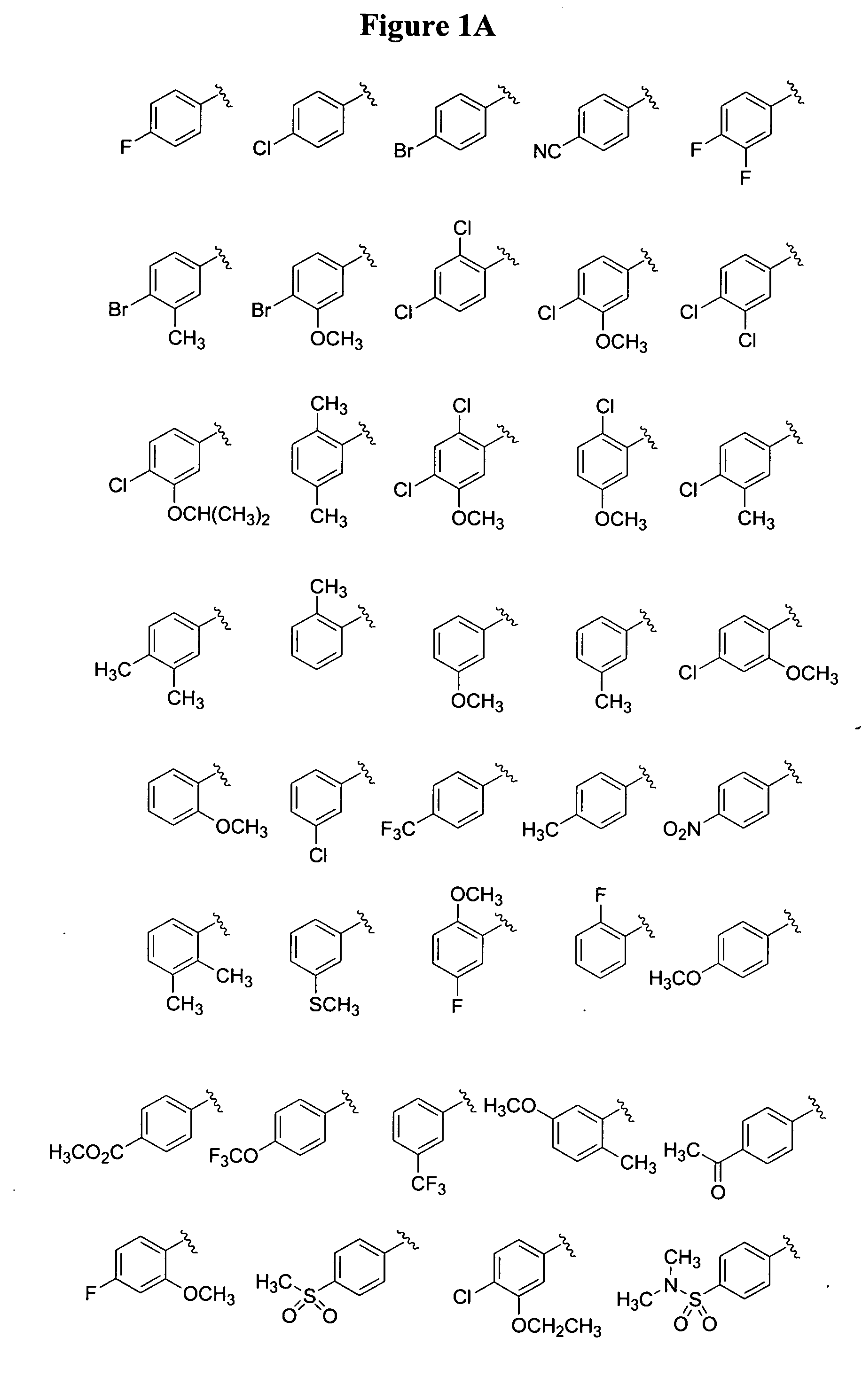

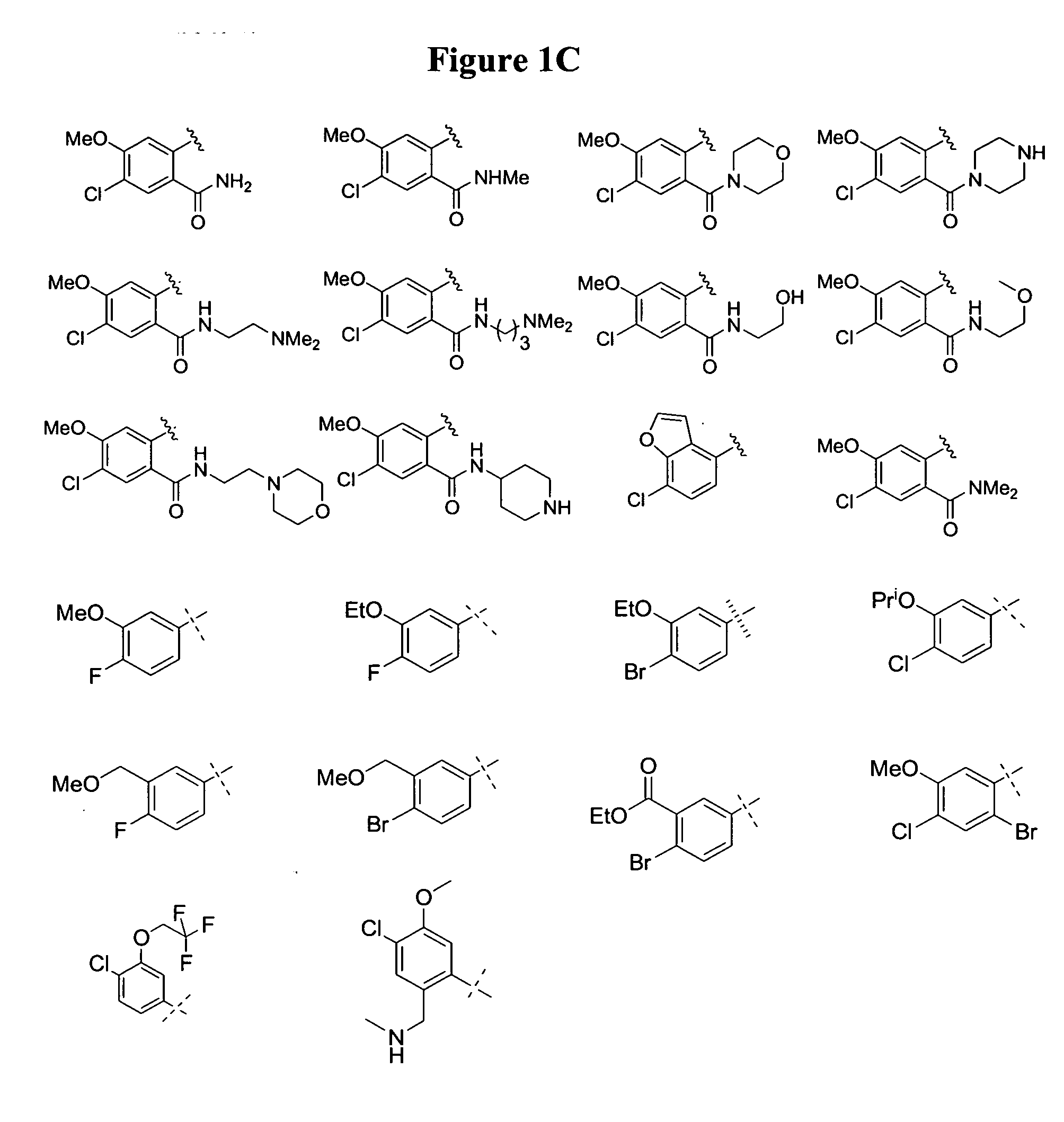
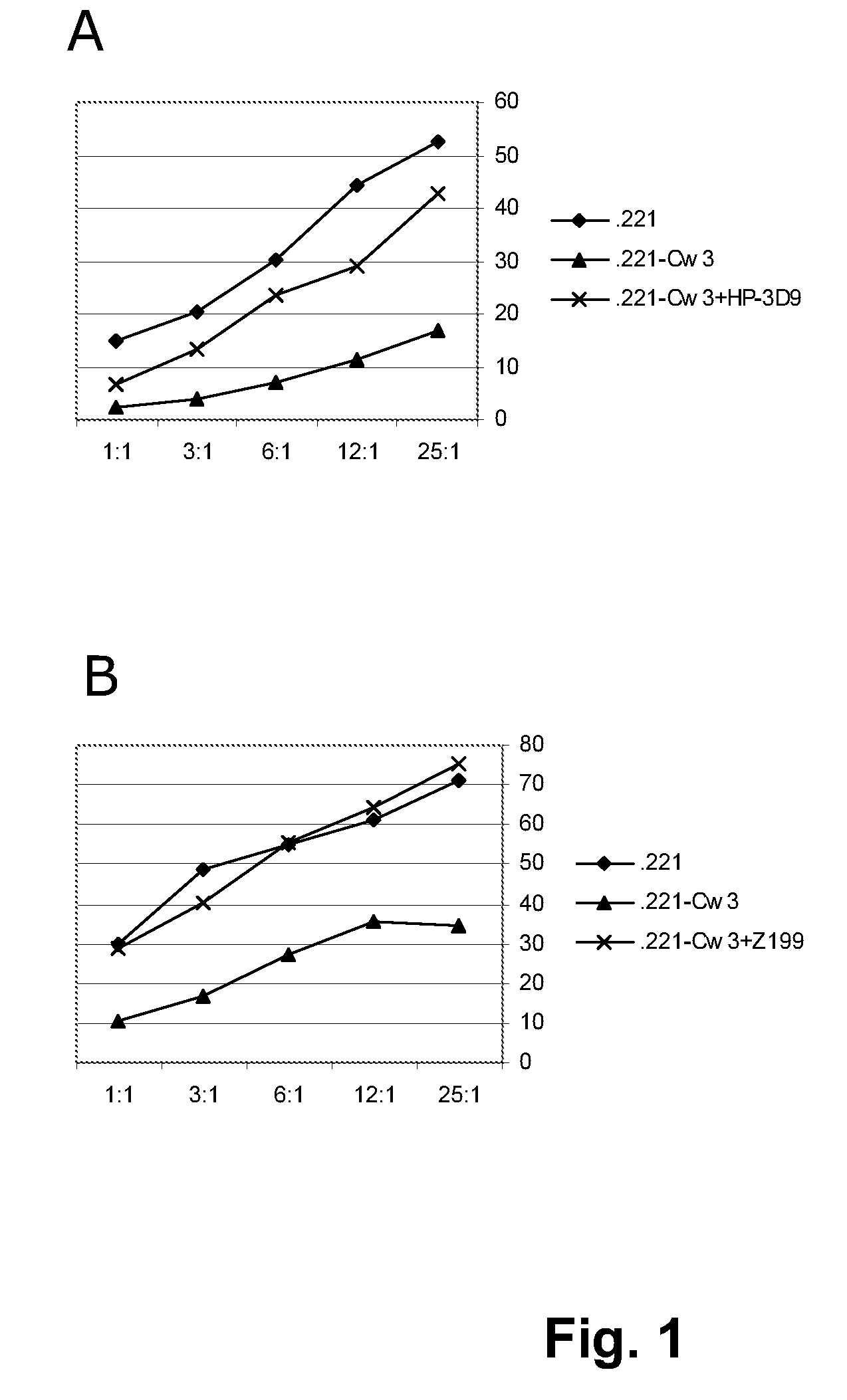
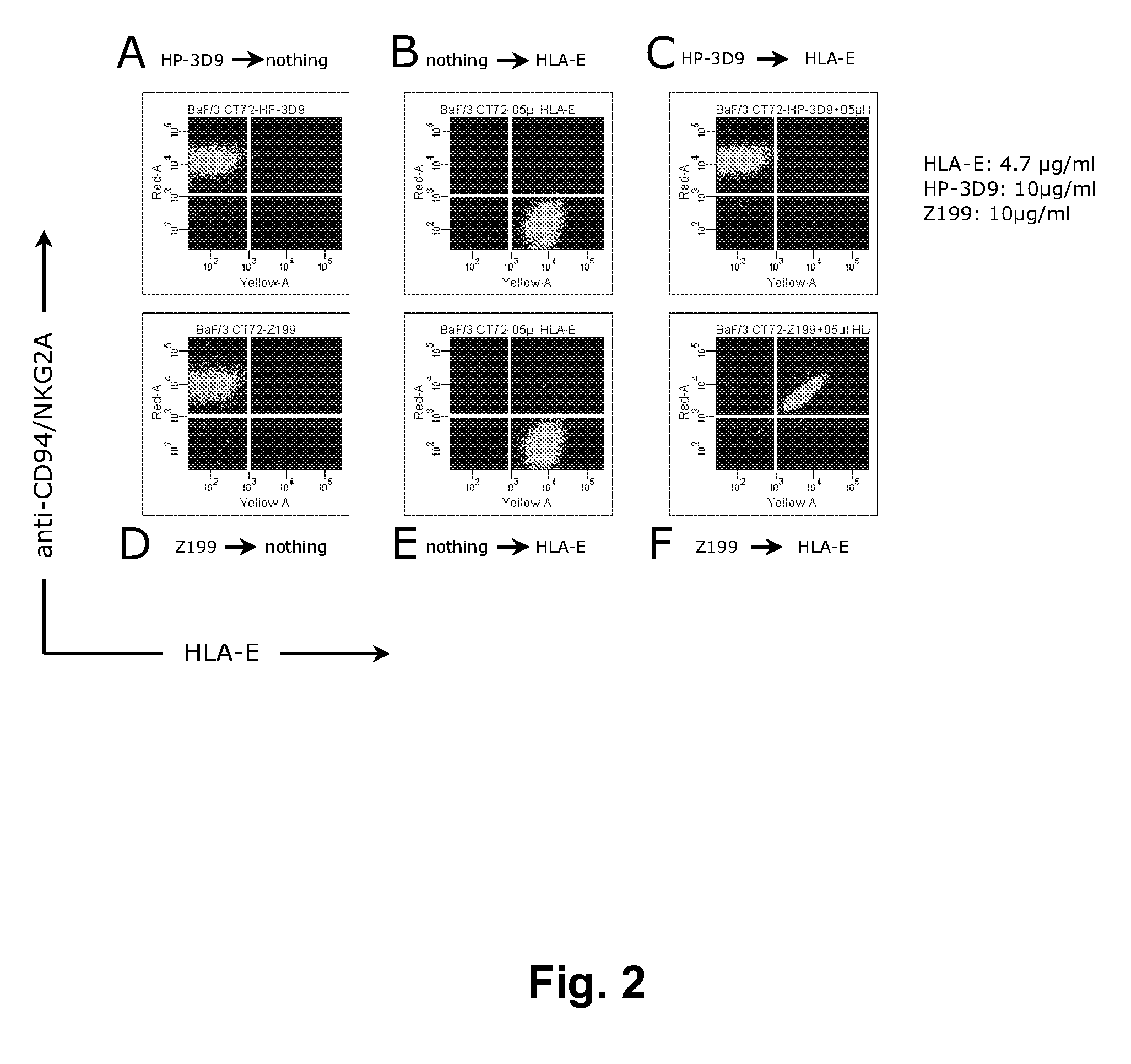
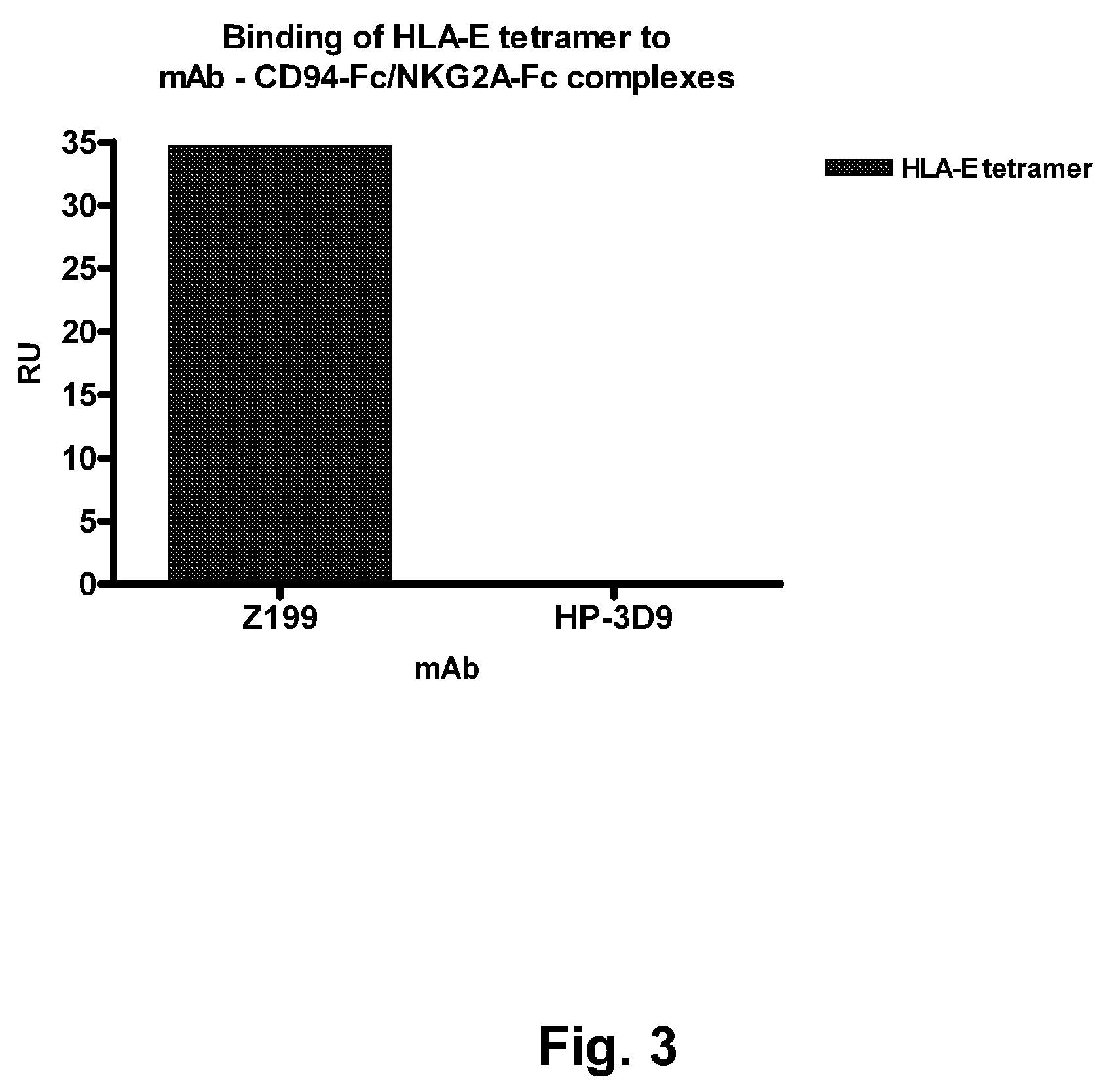
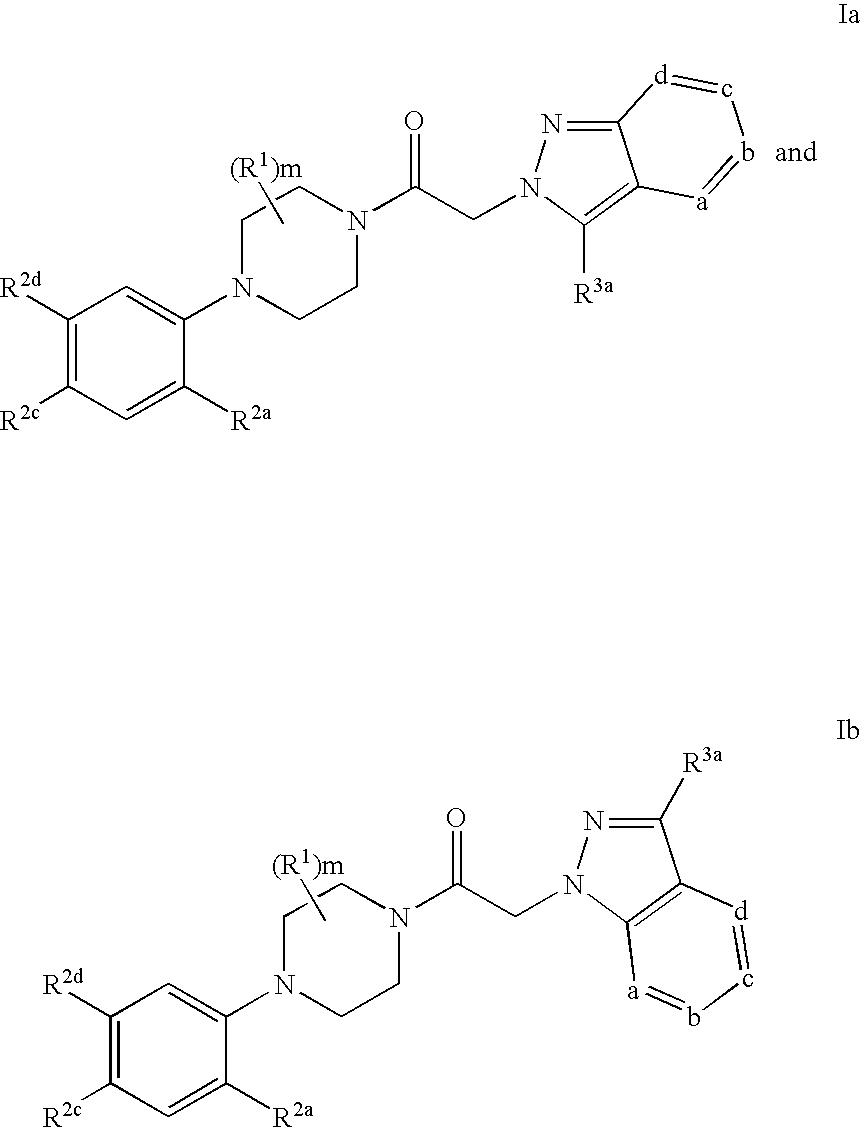
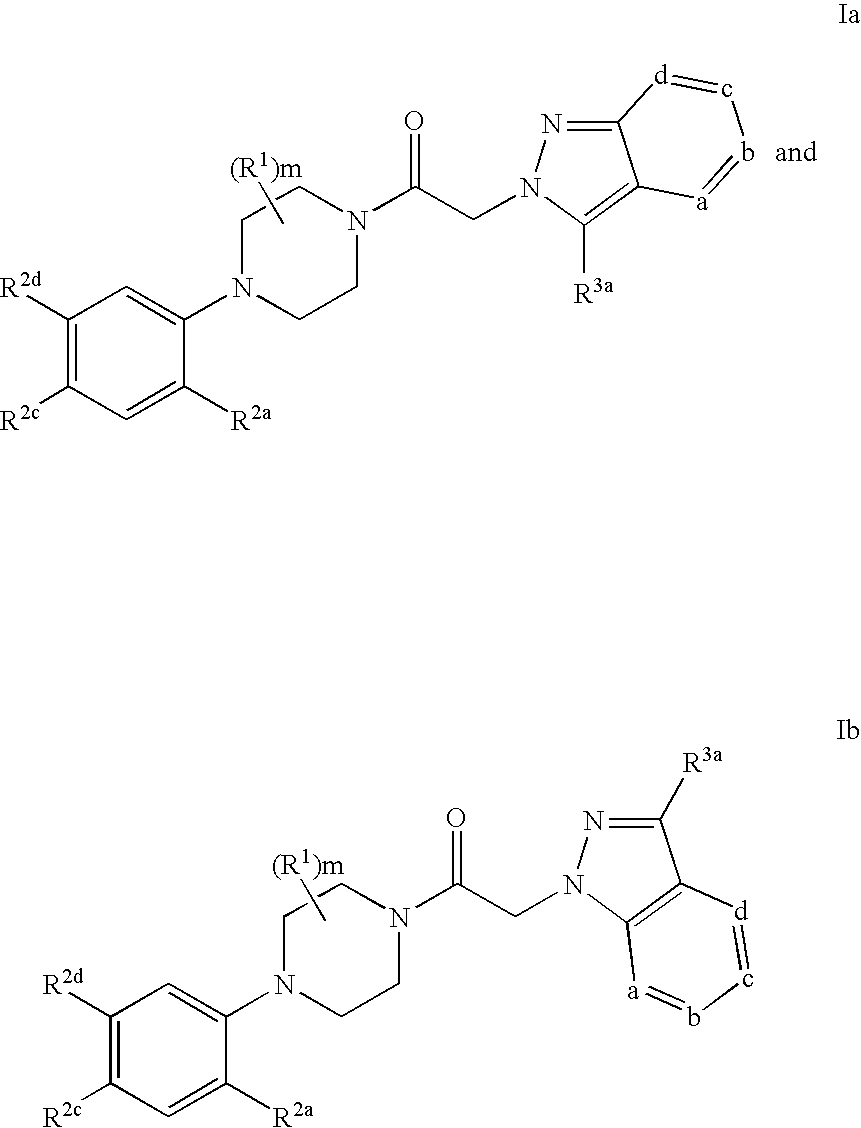
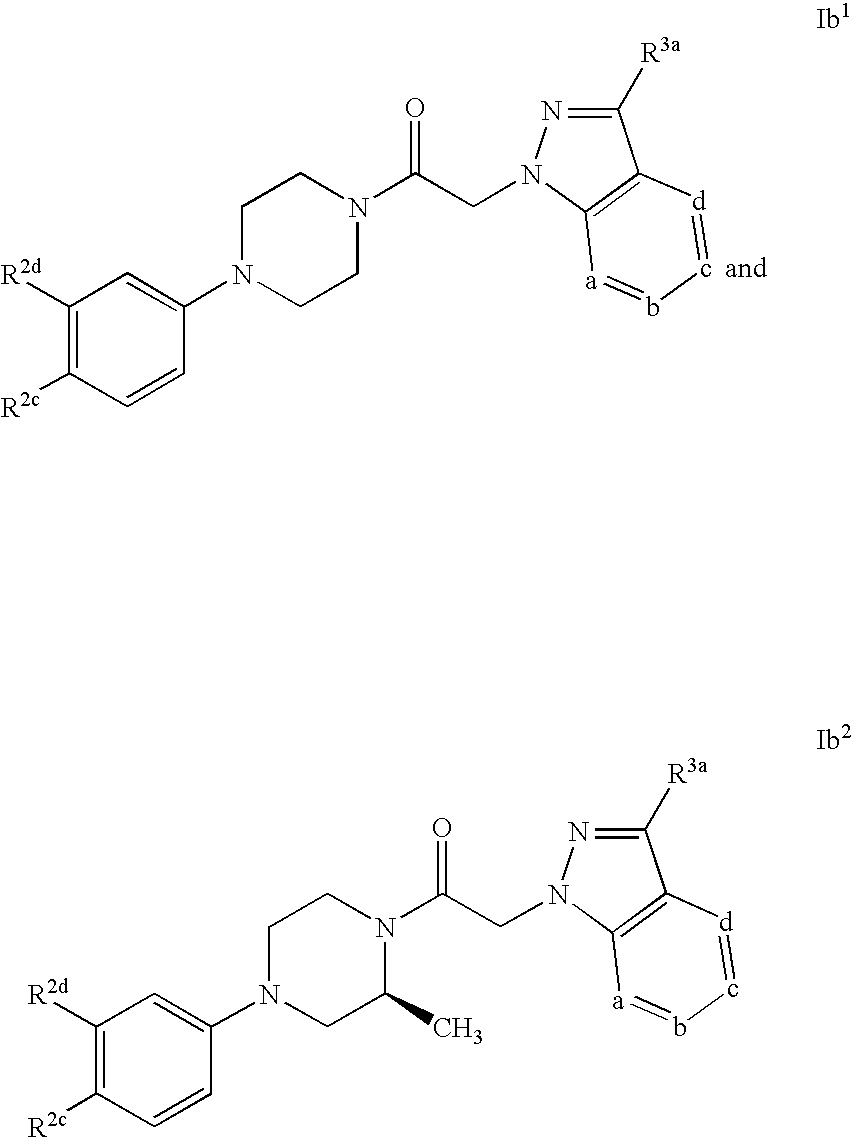
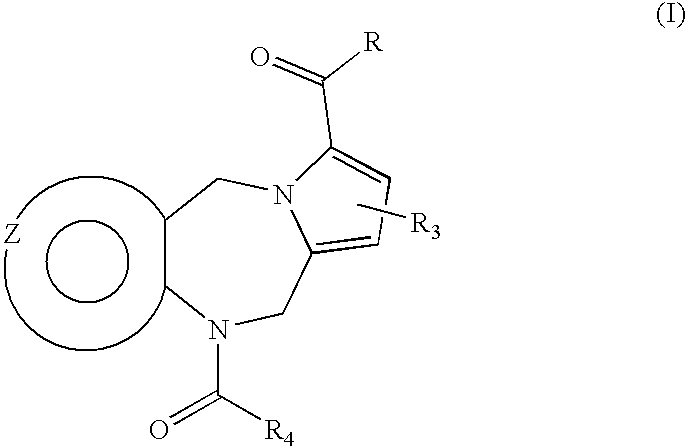

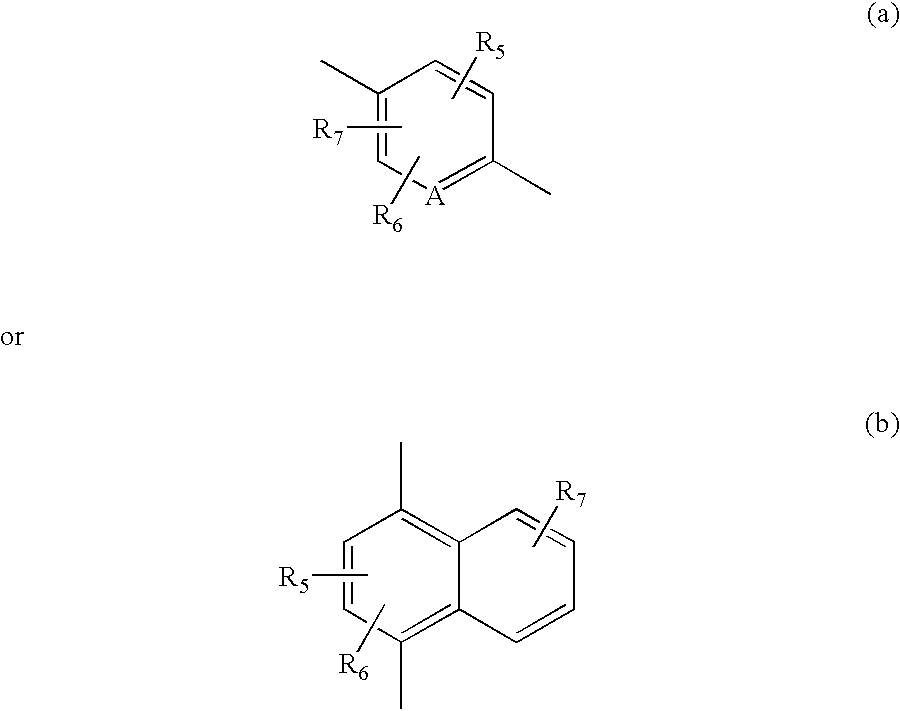


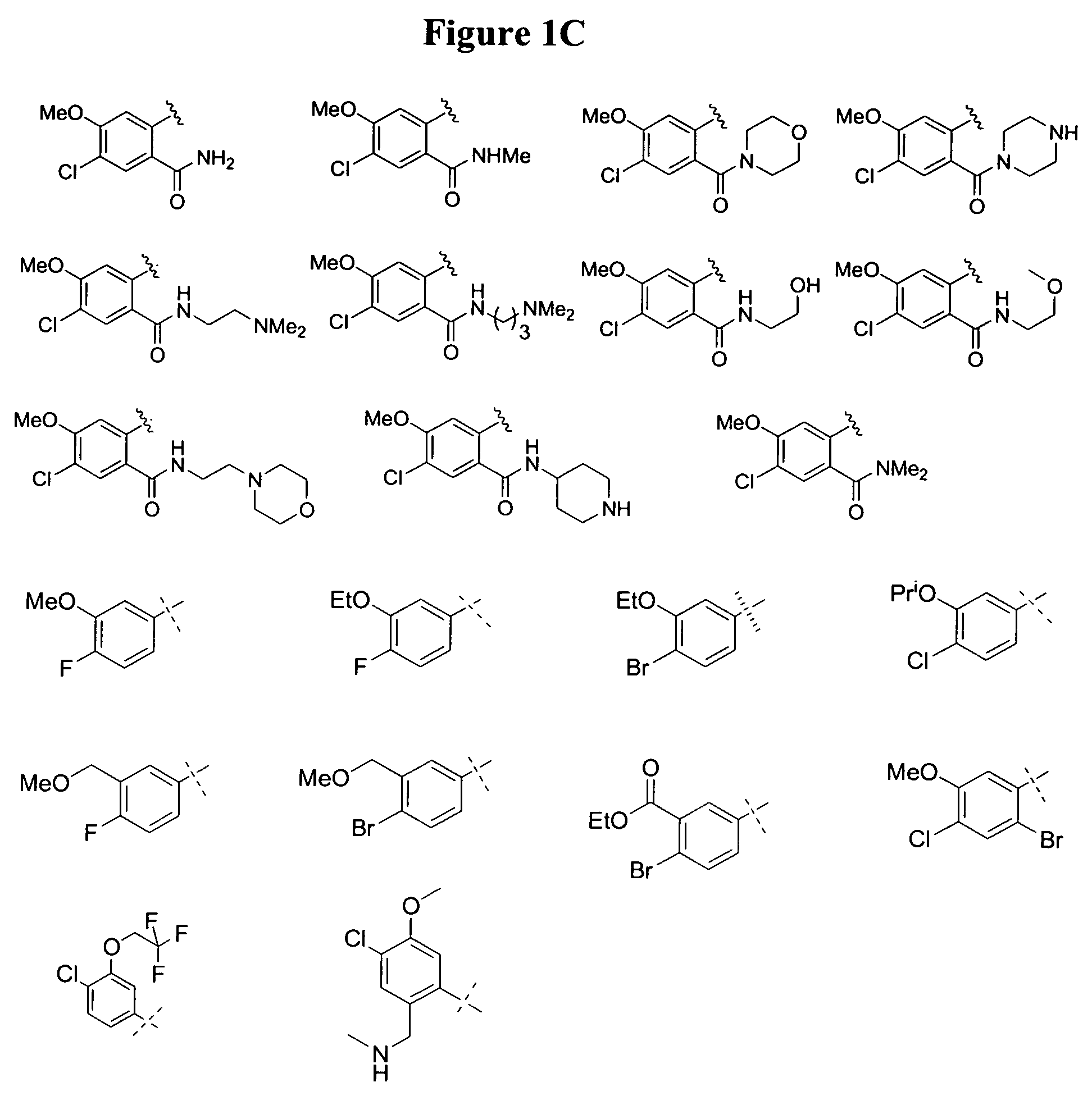
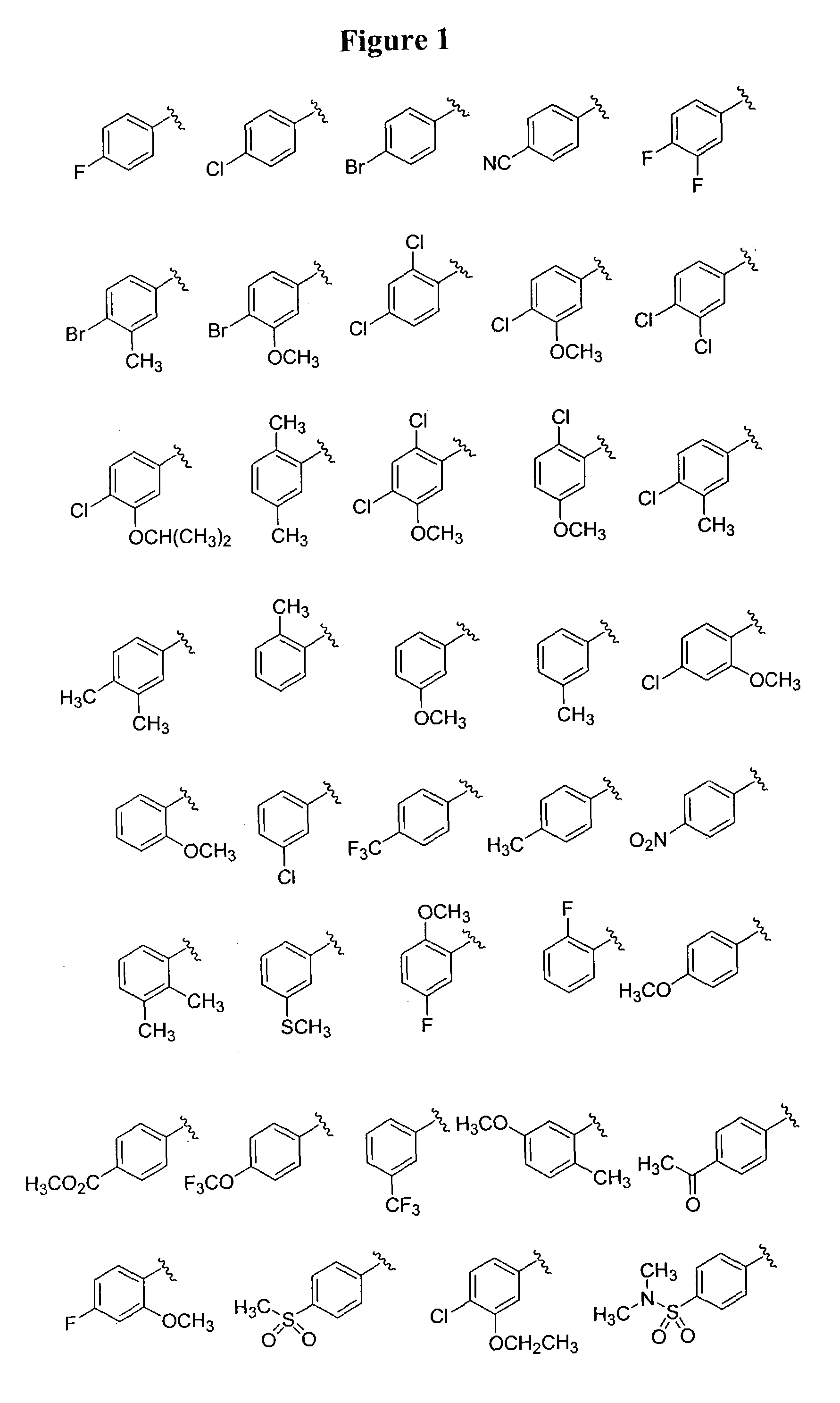
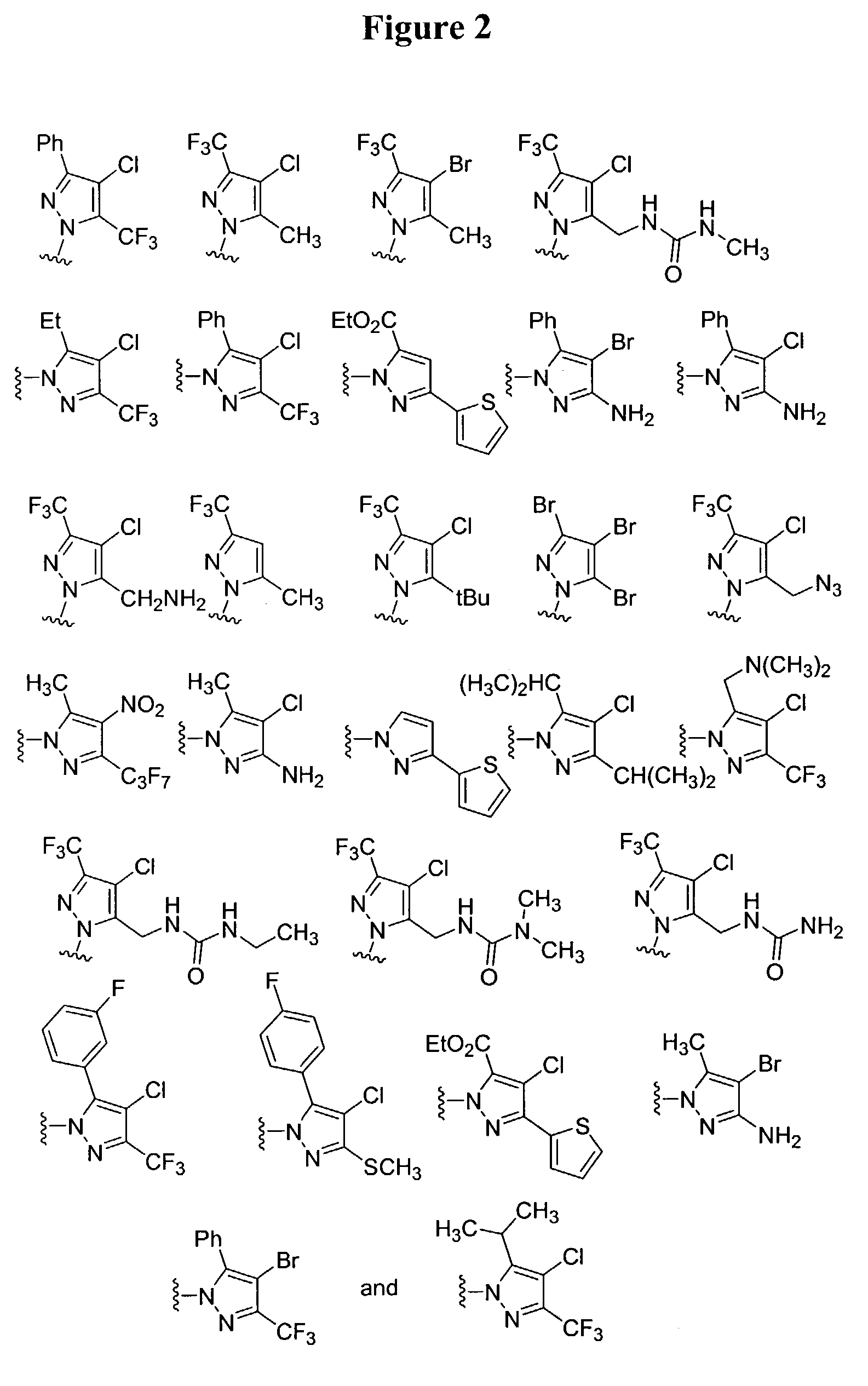
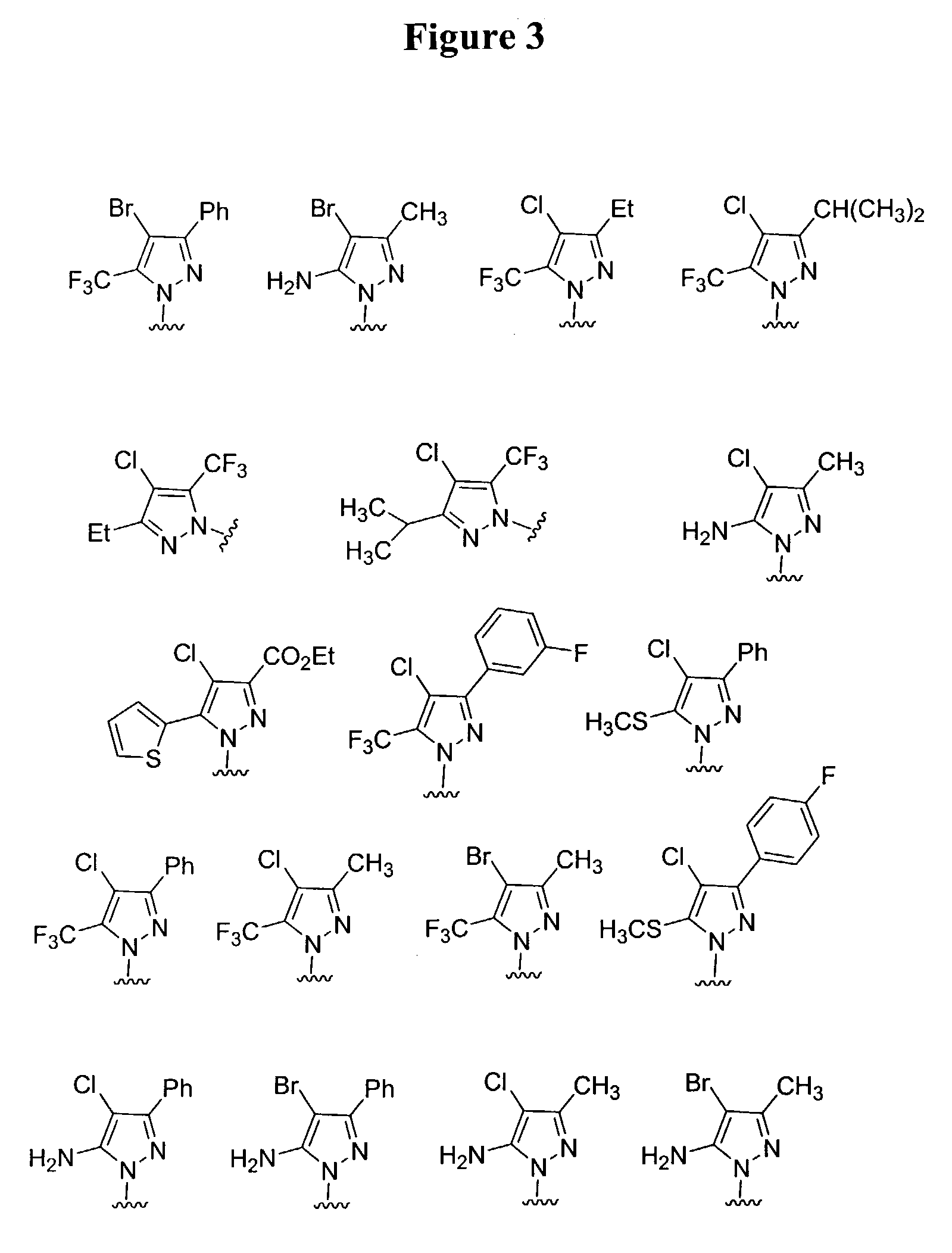
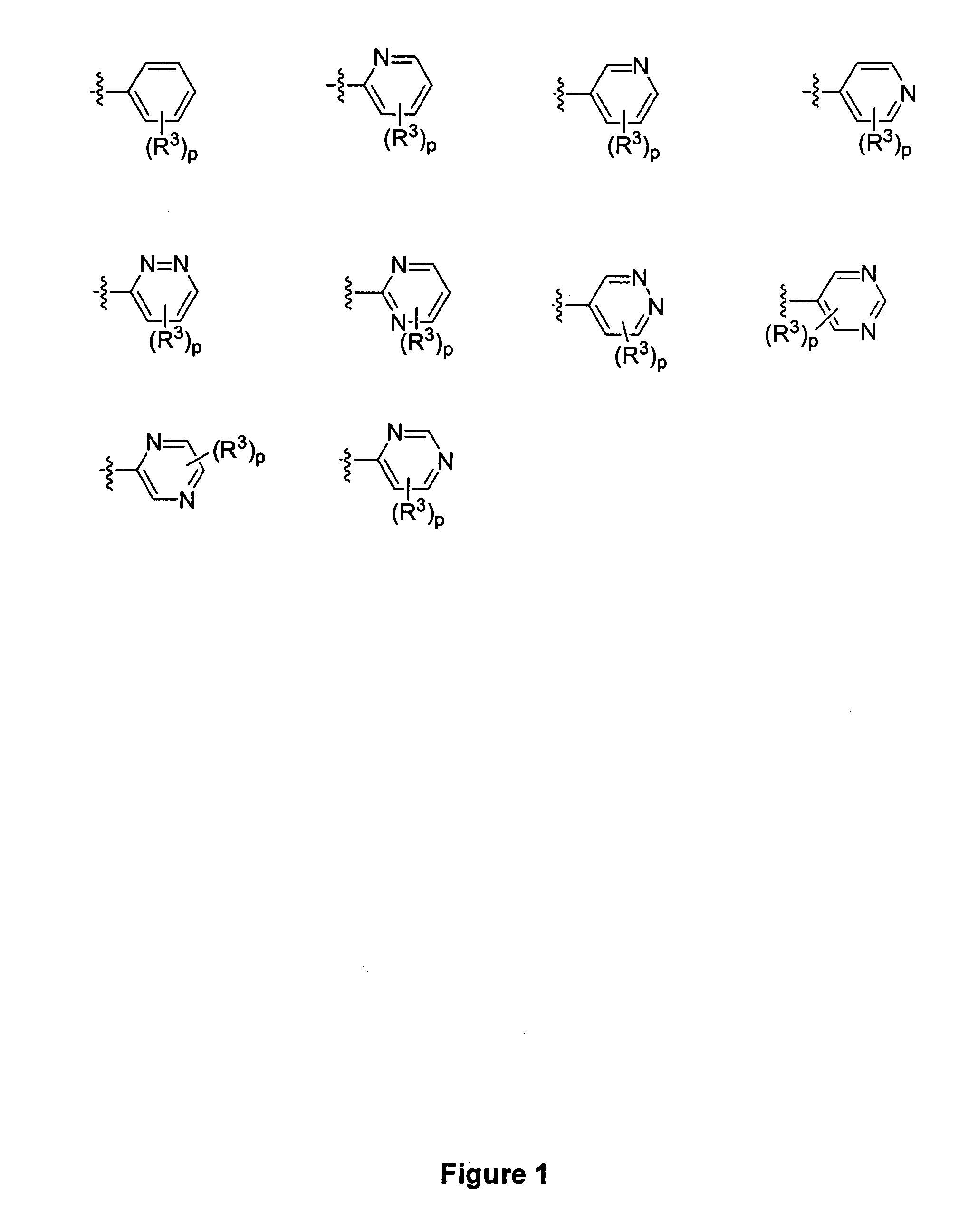
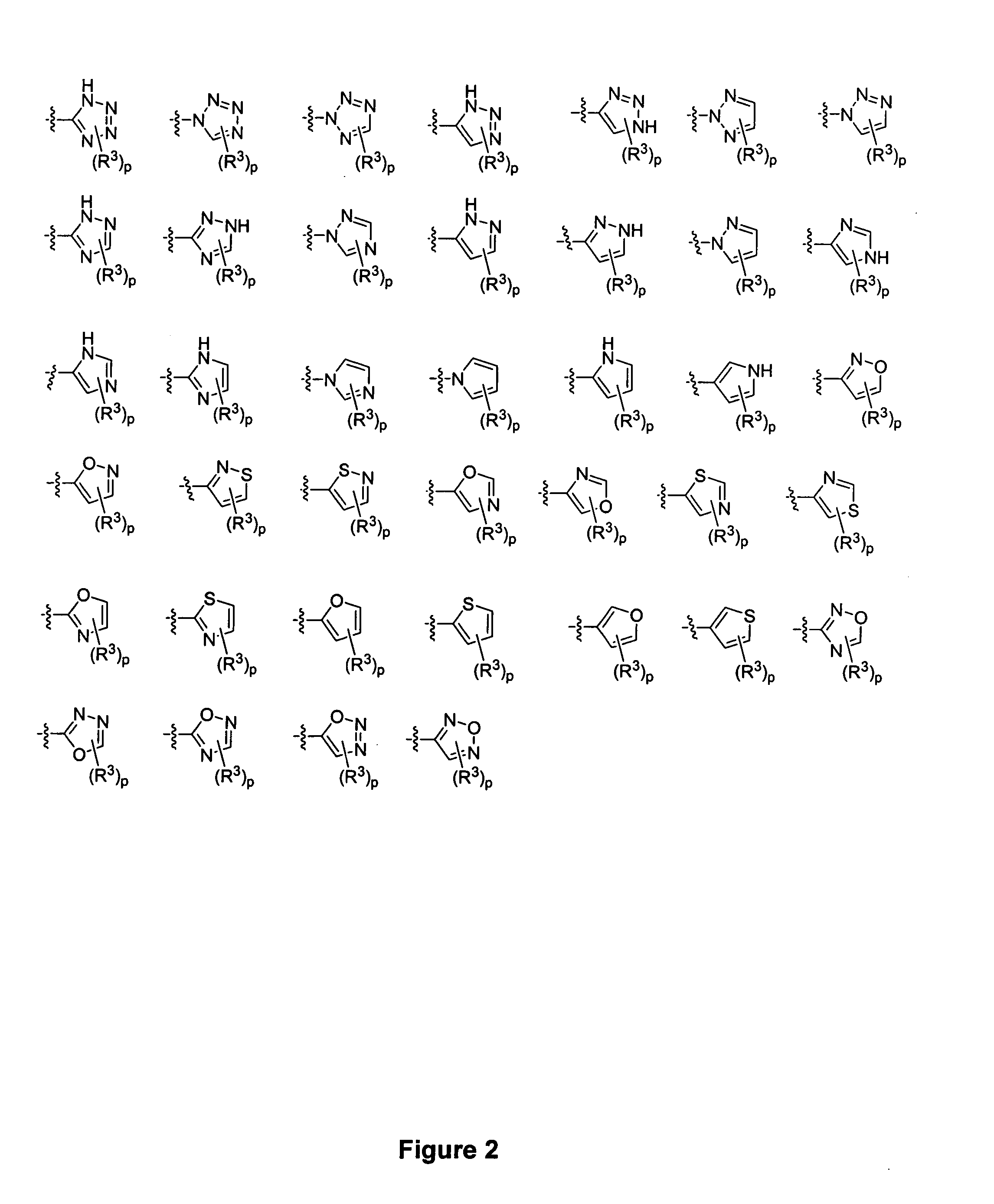
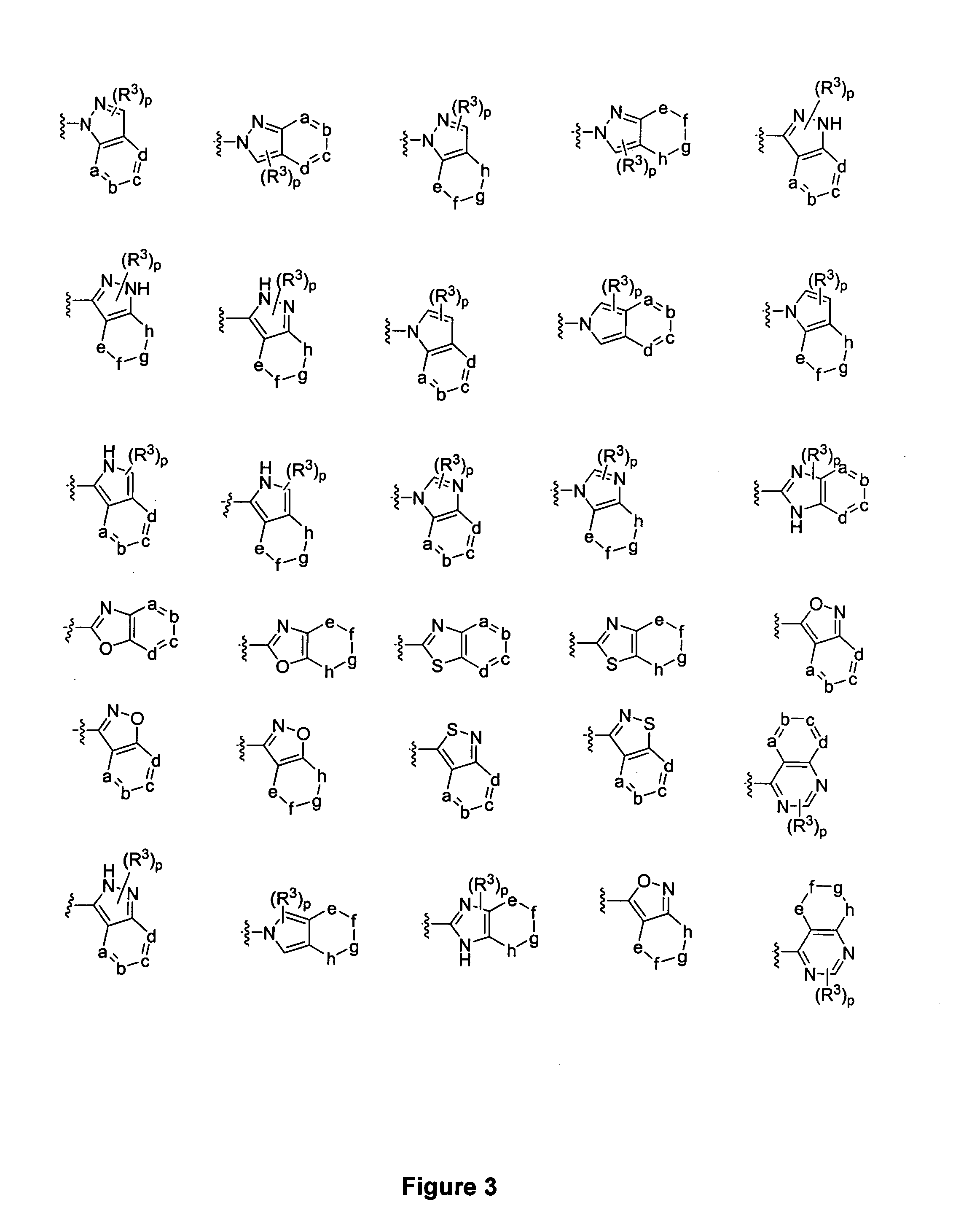
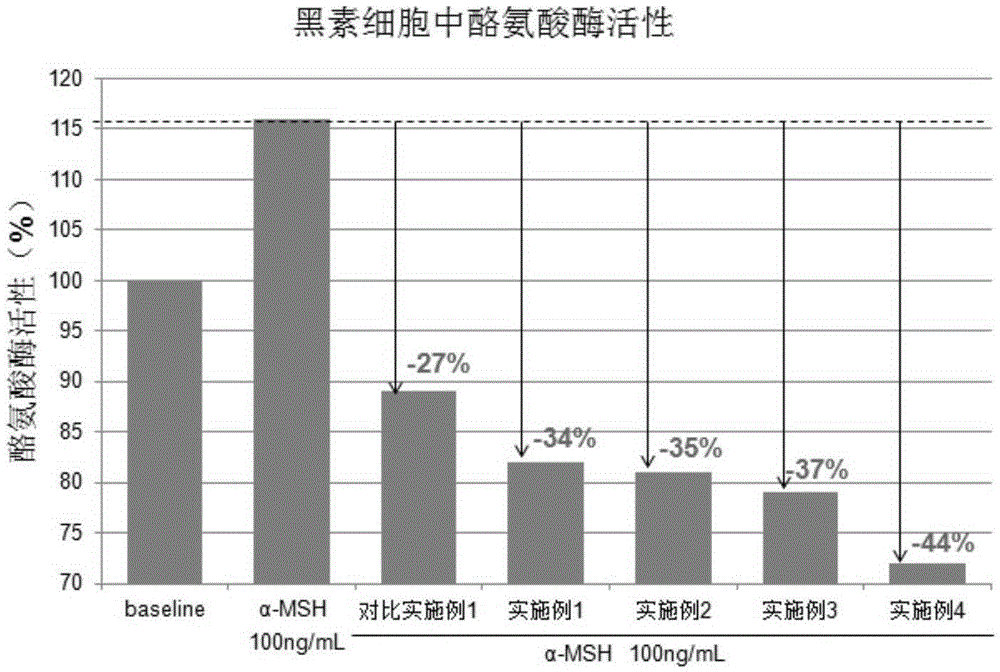
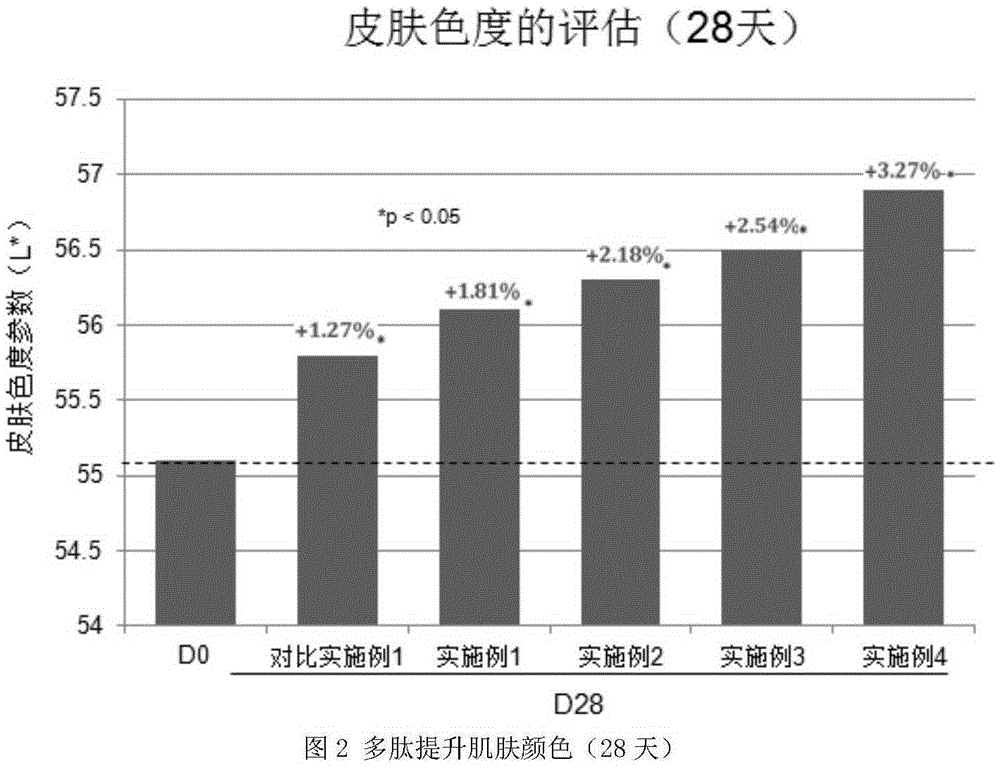
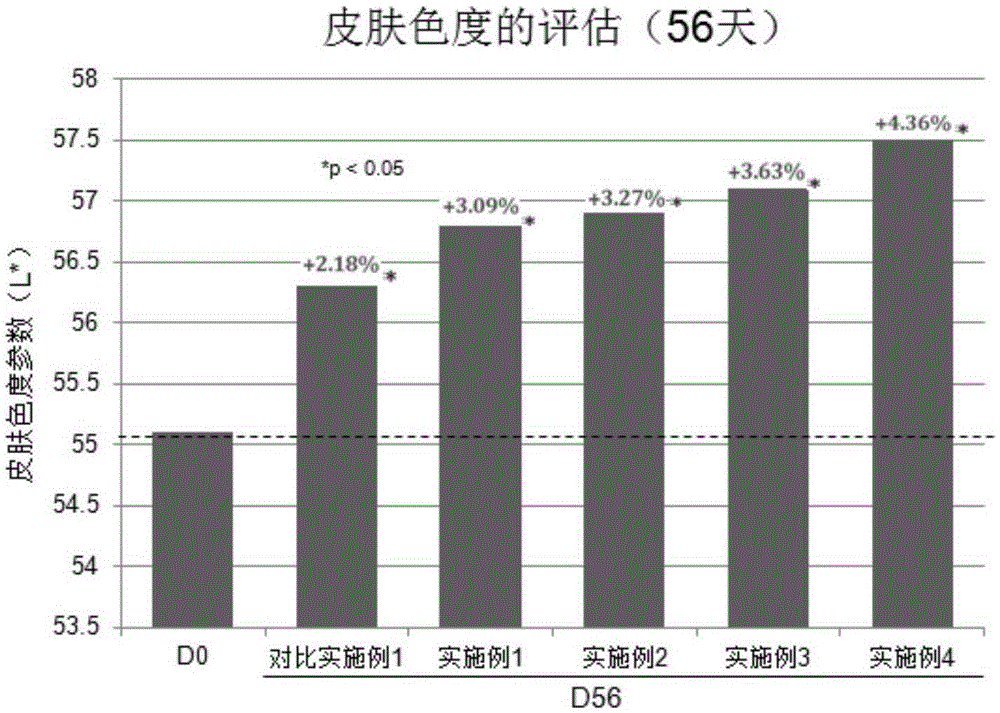



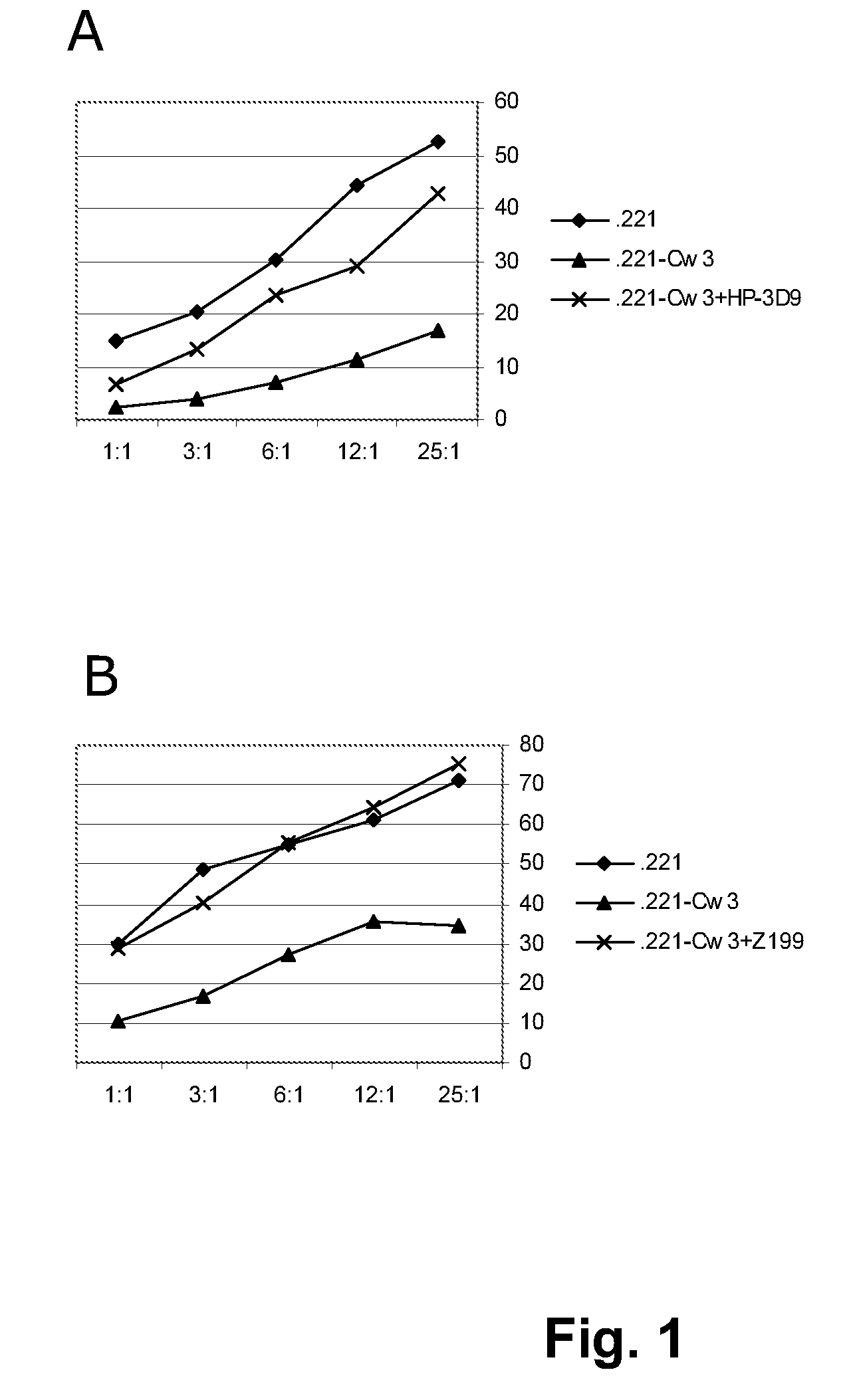
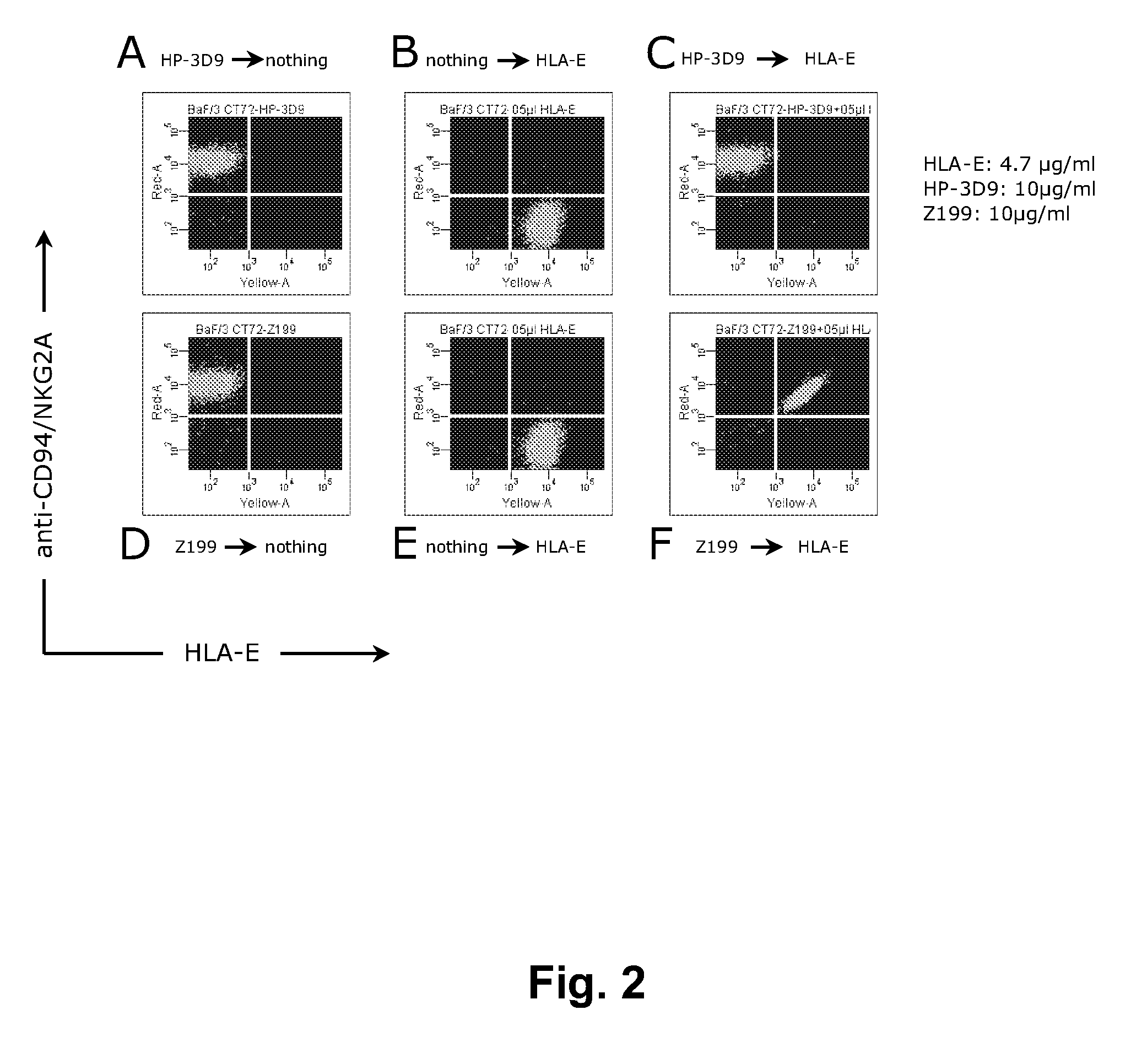
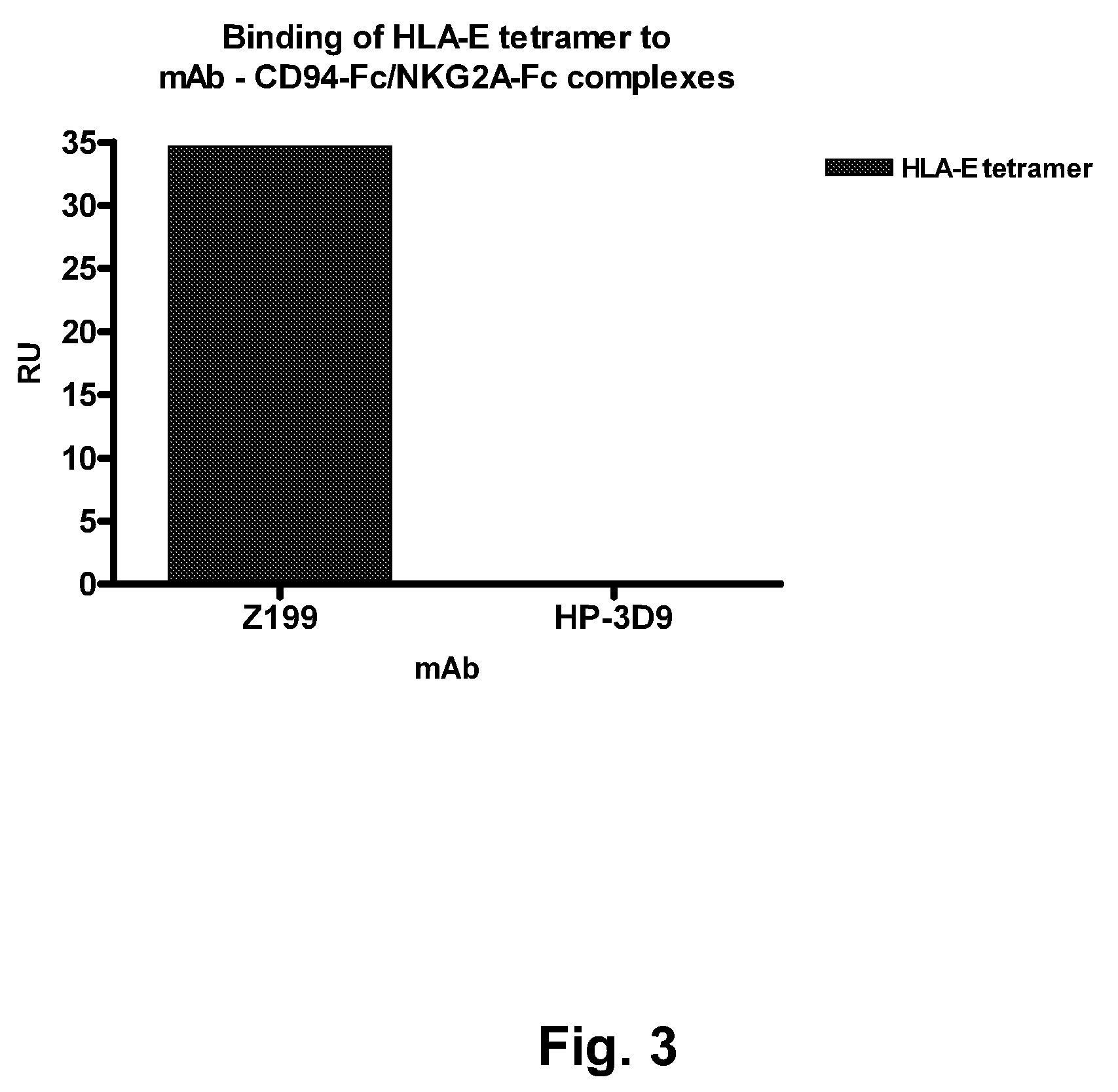

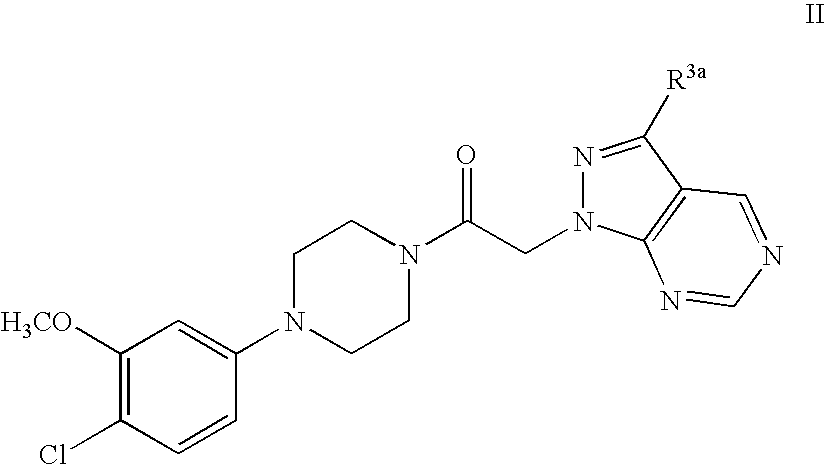
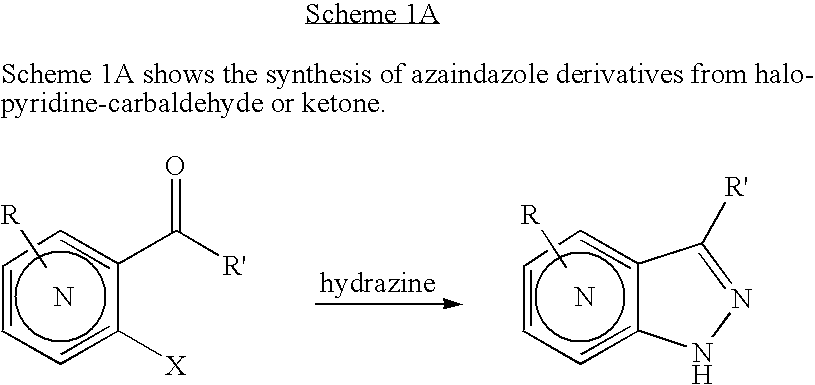
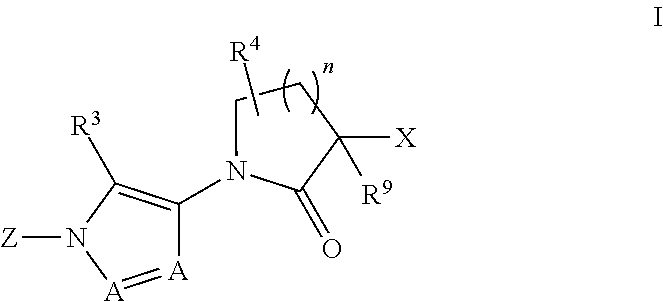

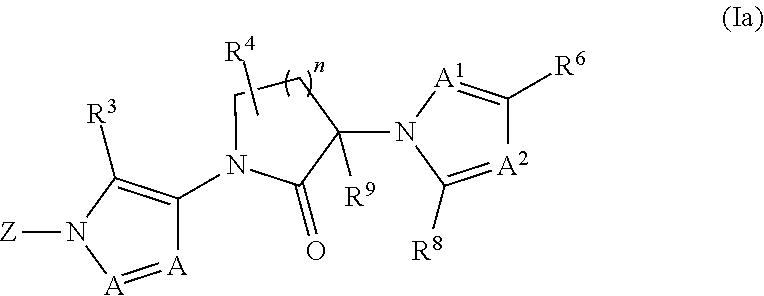
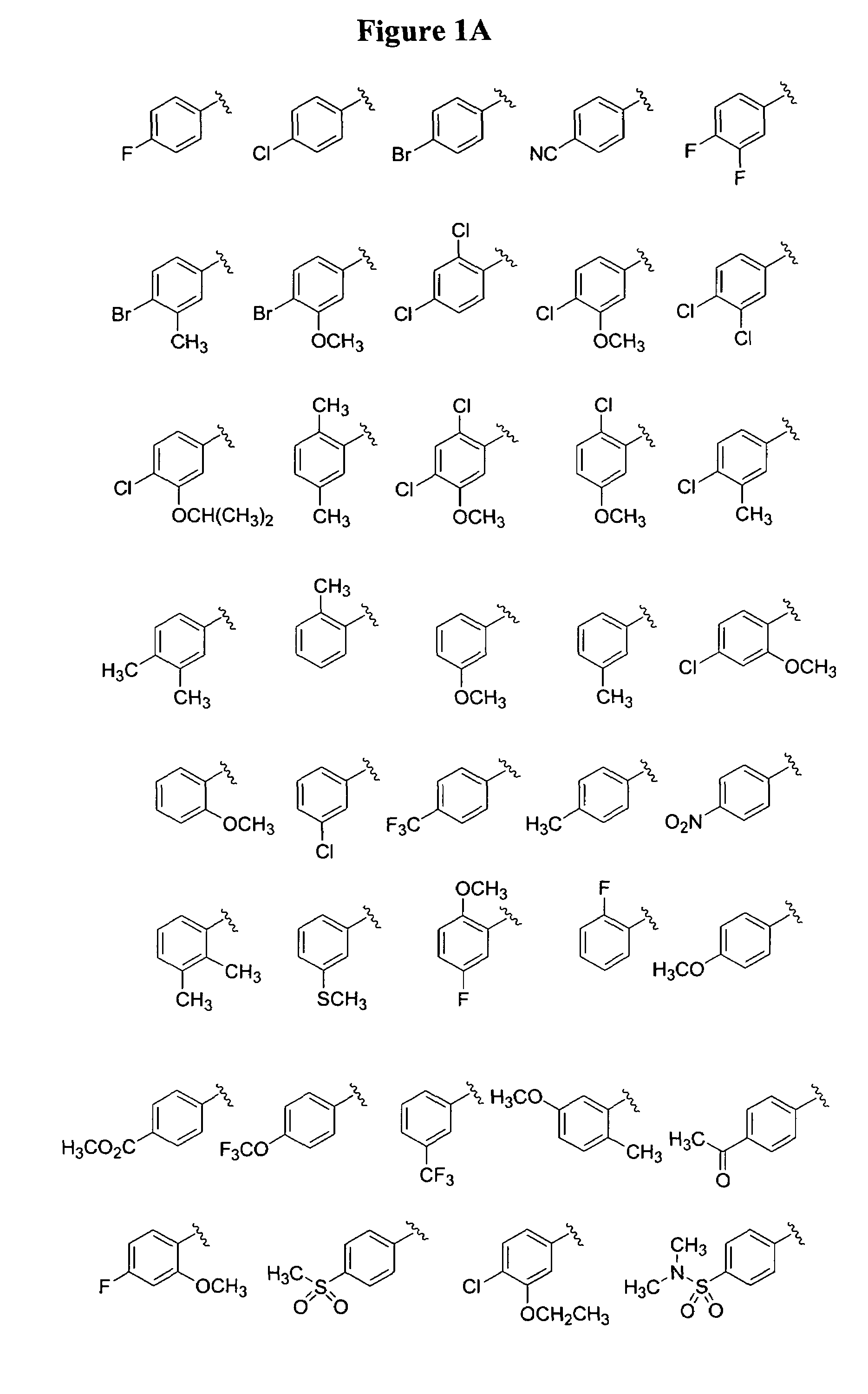
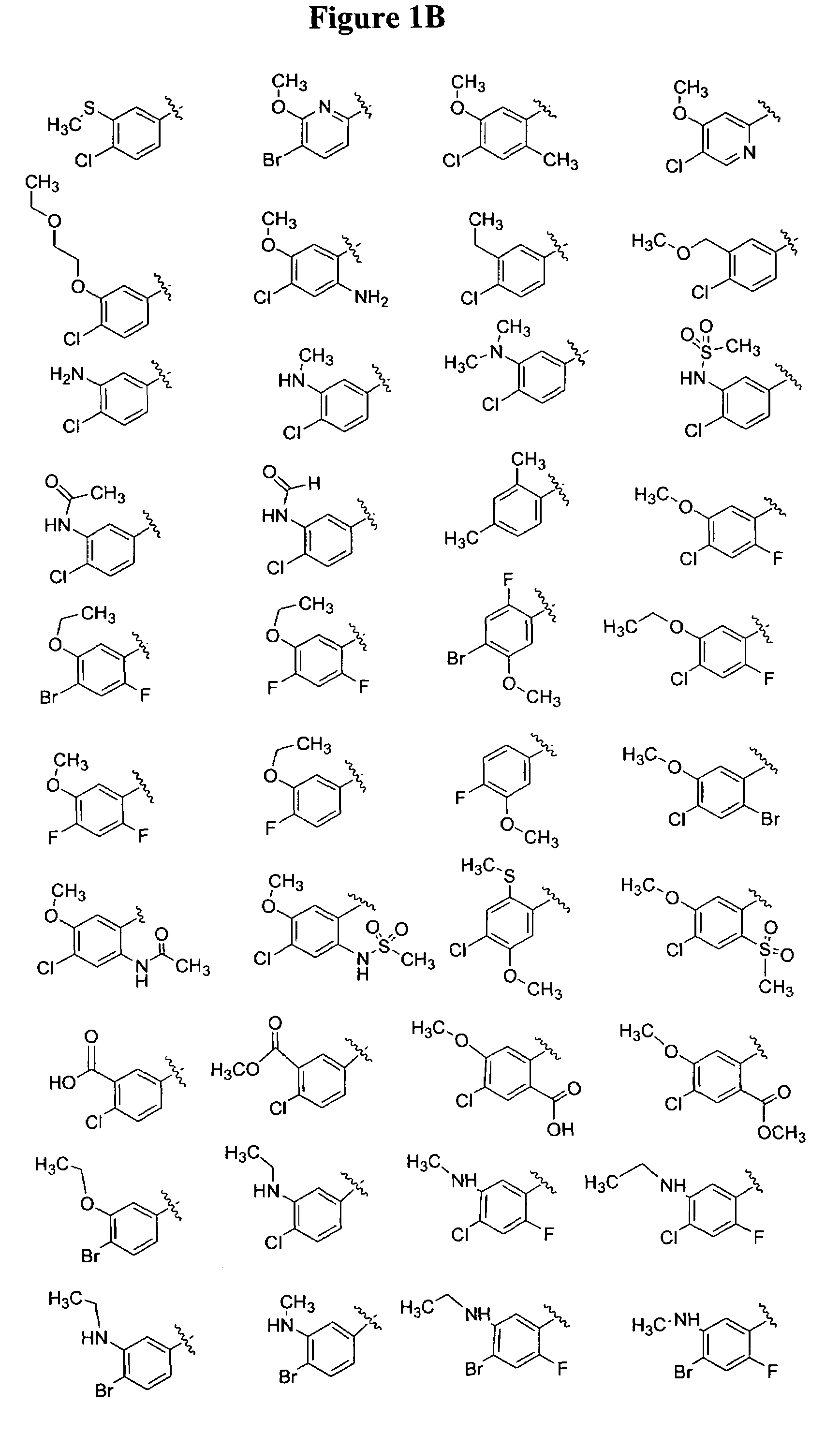
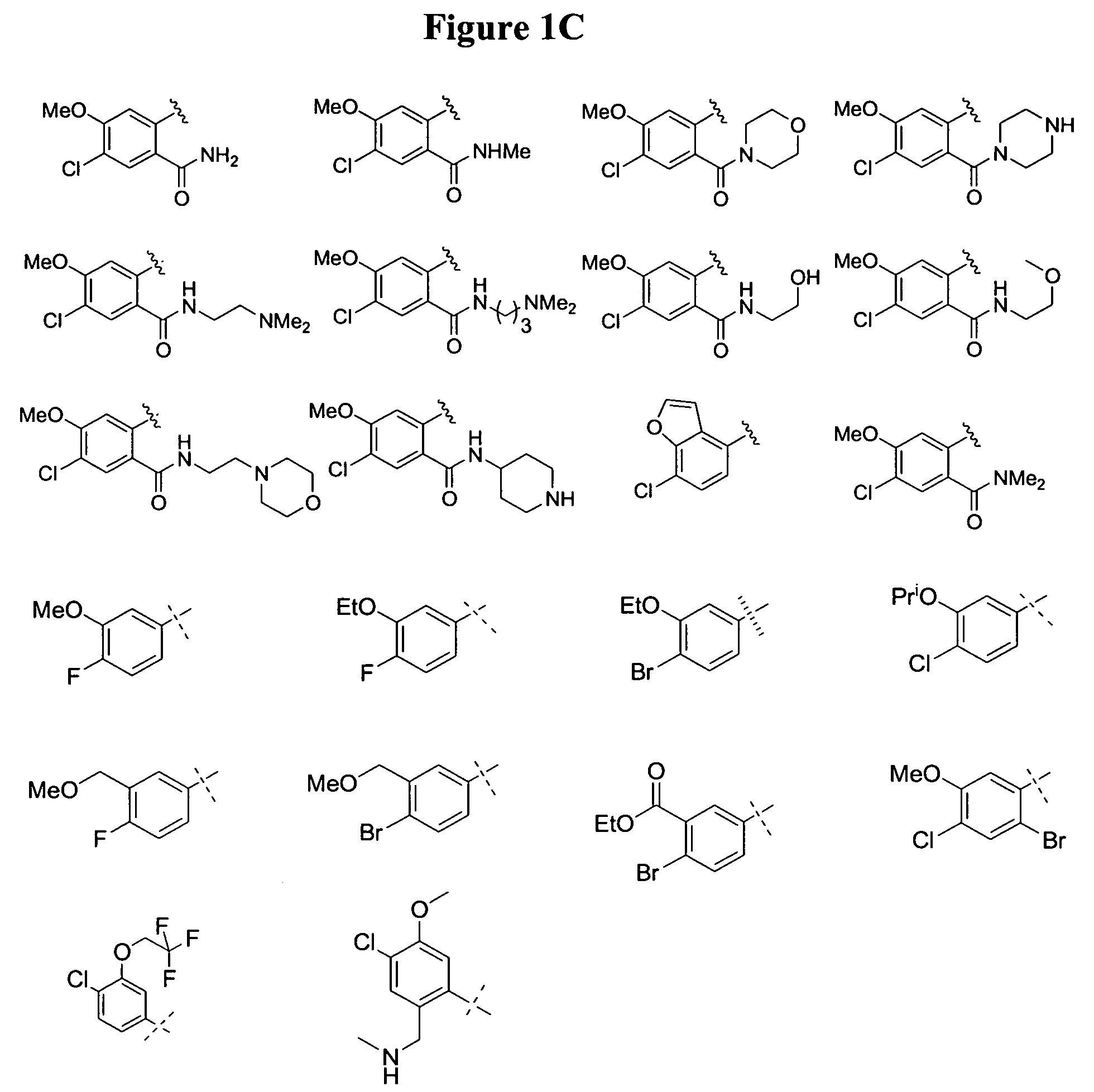
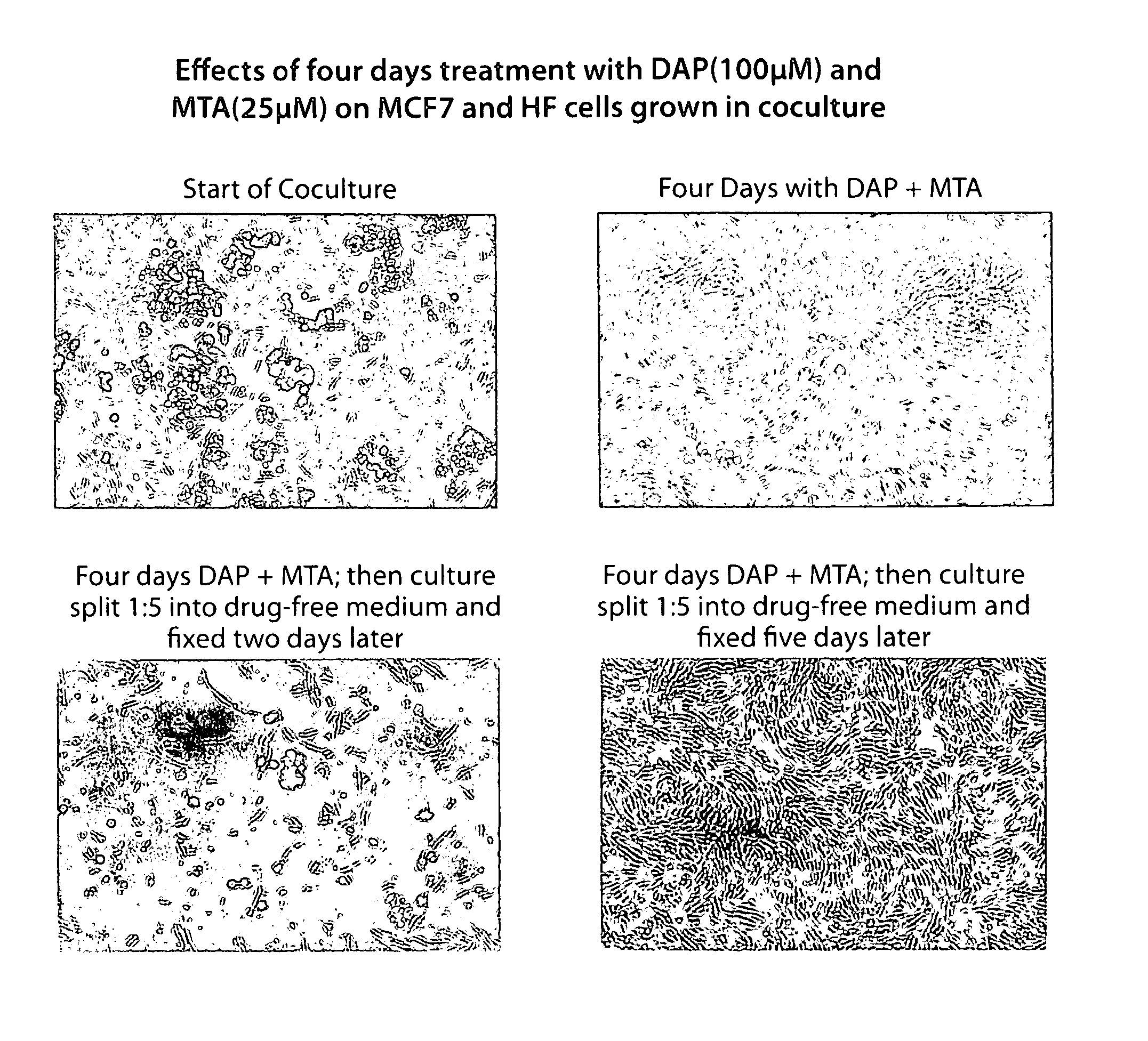
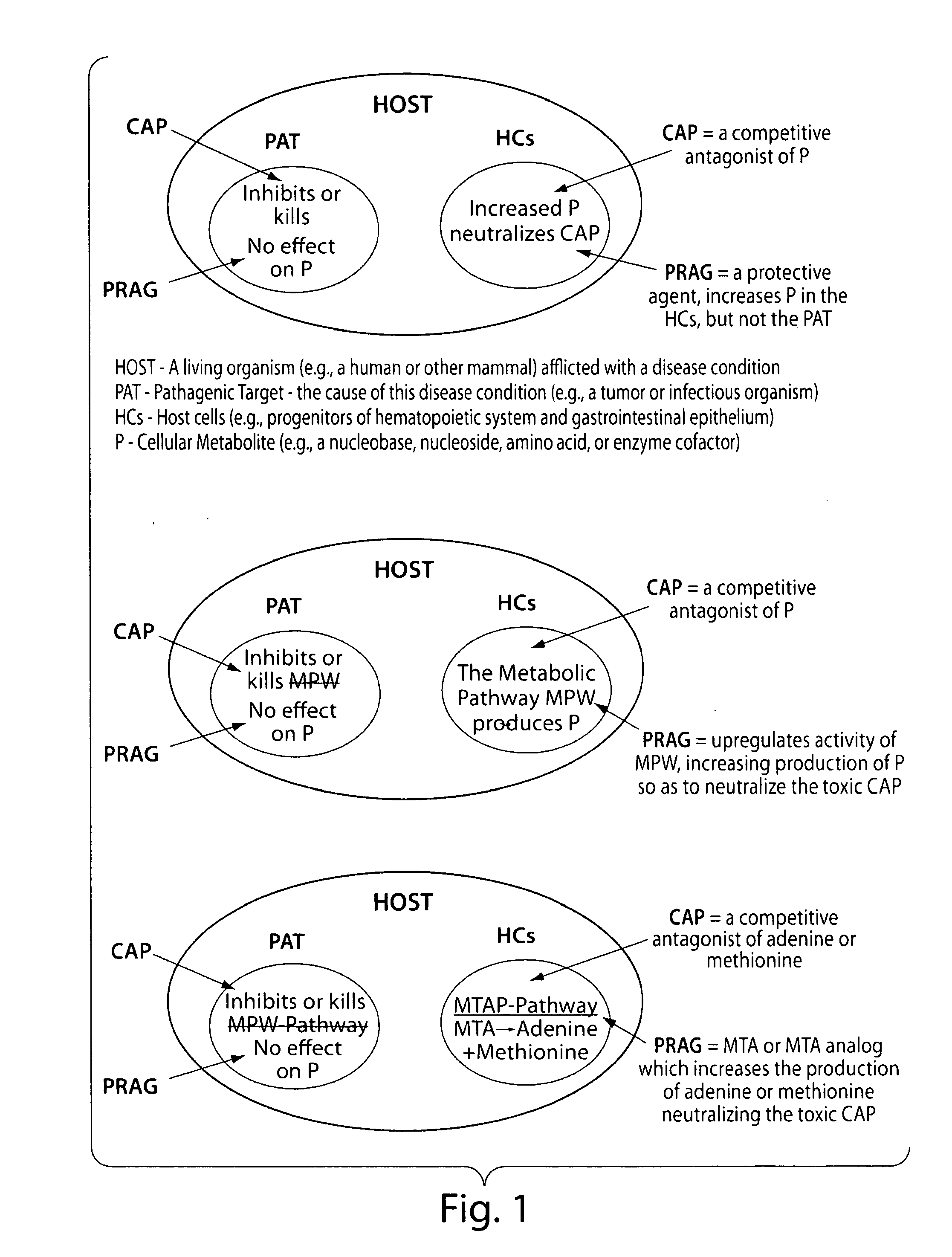

![3-(imidazolyl)-pyrazolo[3,4-b]pyridines 3-(imidazolyl)-pyrazolo[3,4-b]pyridines](https://images-eureka-patsnap-com.libproxy1.nus.edu.sg/patent_img/1126cf5c-9303-4e37-95b9-b85600179eff/US07629344-20091208-C00001.png)
![3-(imidazolyl)-pyrazolo[3,4-b]pyridines 3-(imidazolyl)-pyrazolo[3,4-b]pyridines](https://images-eureka-patsnap-com.libproxy1.nus.edu.sg/patent_img/1126cf5c-9303-4e37-95b9-b85600179eff/US07629344-20091208-C00002.png)
![3-(imidazolyl)-pyrazolo[3,4-b]pyridines 3-(imidazolyl)-pyrazolo[3,4-b]pyridines](https://images-eureka-patsnap-com.libproxy1.nus.edu.sg/patent_img/1126cf5c-9303-4e37-95b9-b85600179eff/US07629344-20091208-C00003.png)
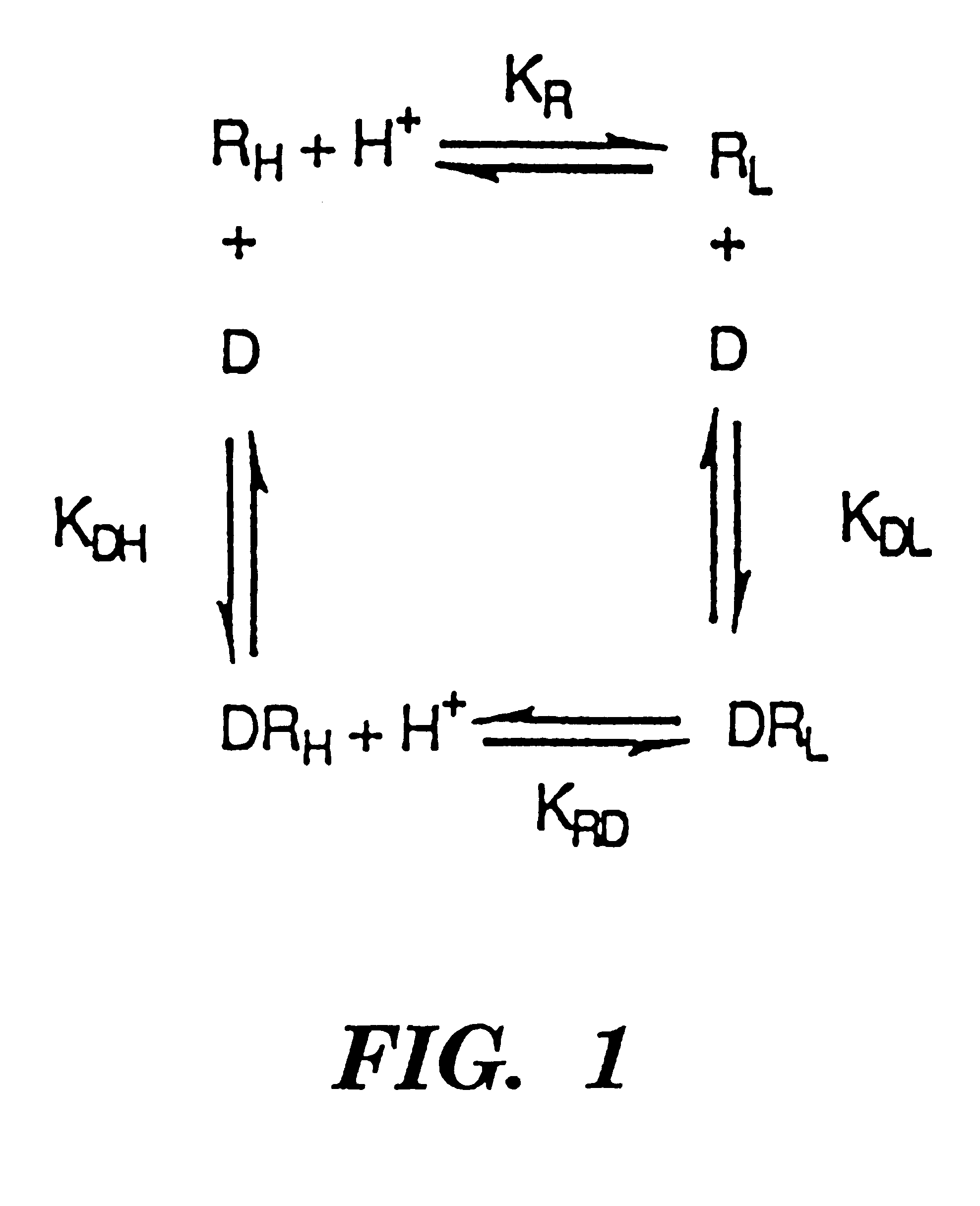
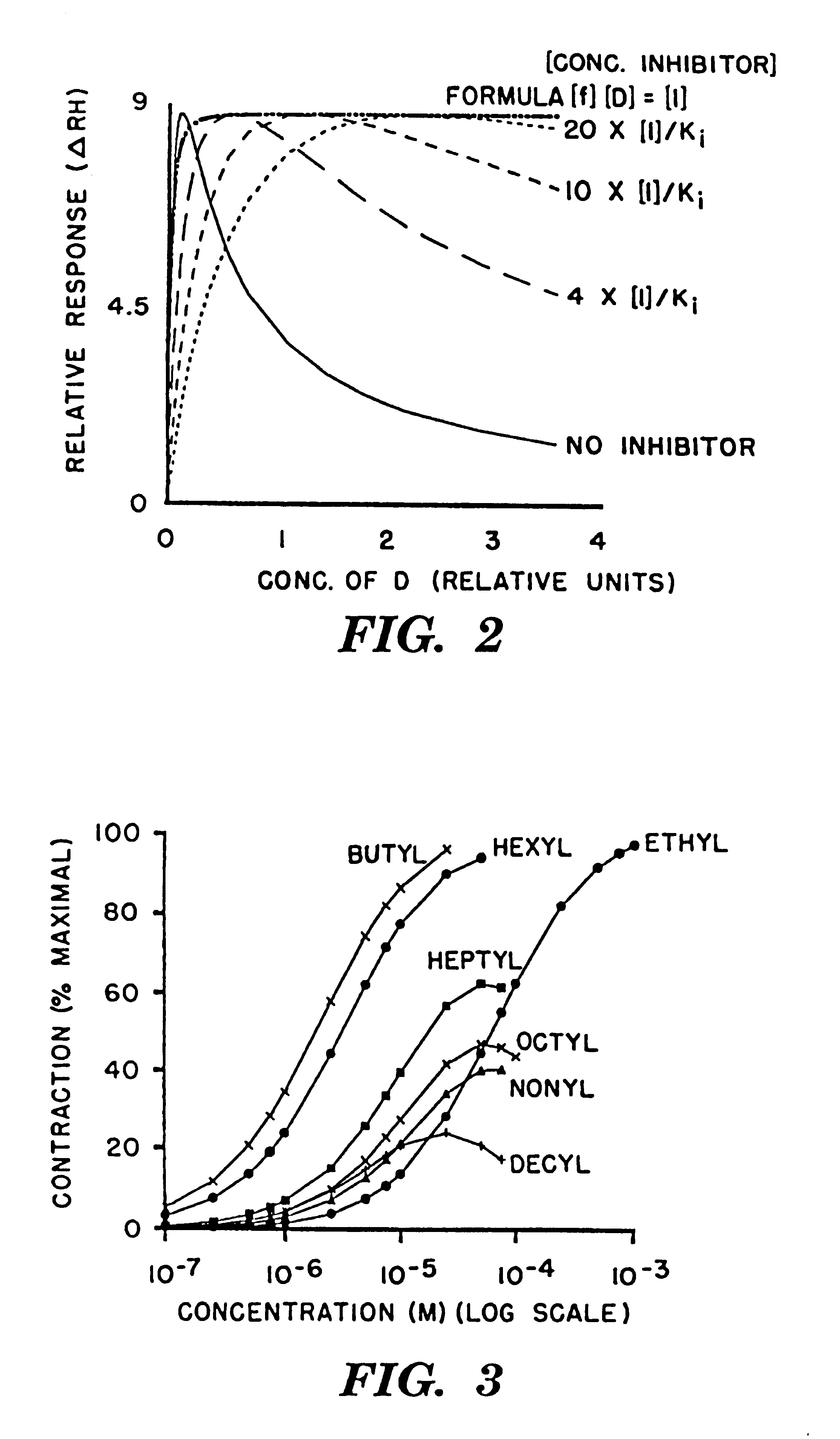
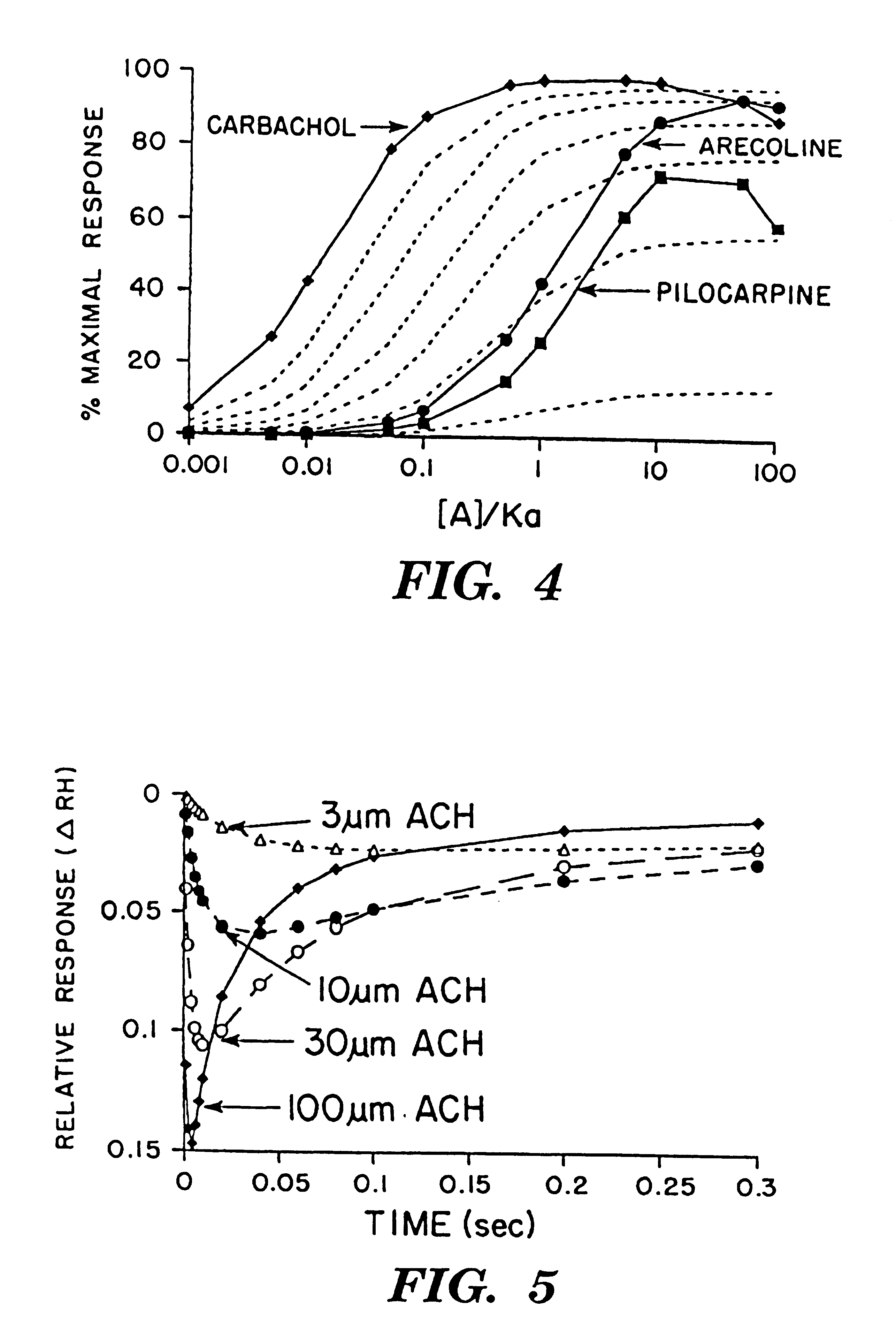
![4-amino-3-(imidazolyl)-pyrazolo[3,4-d]pyrimidines 4-amino-3-(imidazolyl)-pyrazolo[3,4-d]pyrimidines](https://images-eureka-patsnap-com.libproxy1.nus.edu.sg/patent_img/bc0135e3-2c8b-4cf2-9472-af856c827730/US20100069396A1-20100318-C00001.png)
![4-amino-3-(imidazolyl)-pyrazolo[3,4-d]pyrimidines 4-amino-3-(imidazolyl)-pyrazolo[3,4-d]pyrimidines](https://images-eureka-patsnap-com.libproxy1.nus.edu.sg/patent_img/bc0135e3-2c8b-4cf2-9472-af856c827730/US20100069396A1-20100318-C00002.png)
![4-amino-3-(imidazolyl)-pyrazolo[3,4-d]pyrimidines 4-amino-3-(imidazolyl)-pyrazolo[3,4-d]pyrimidines](https://images-eureka-patsnap-com.libproxy1.nus.edu.sg/patent_img/bc0135e3-2c8b-4cf2-9472-af856c827730/US20100069396A1-20100318-C00003.png)
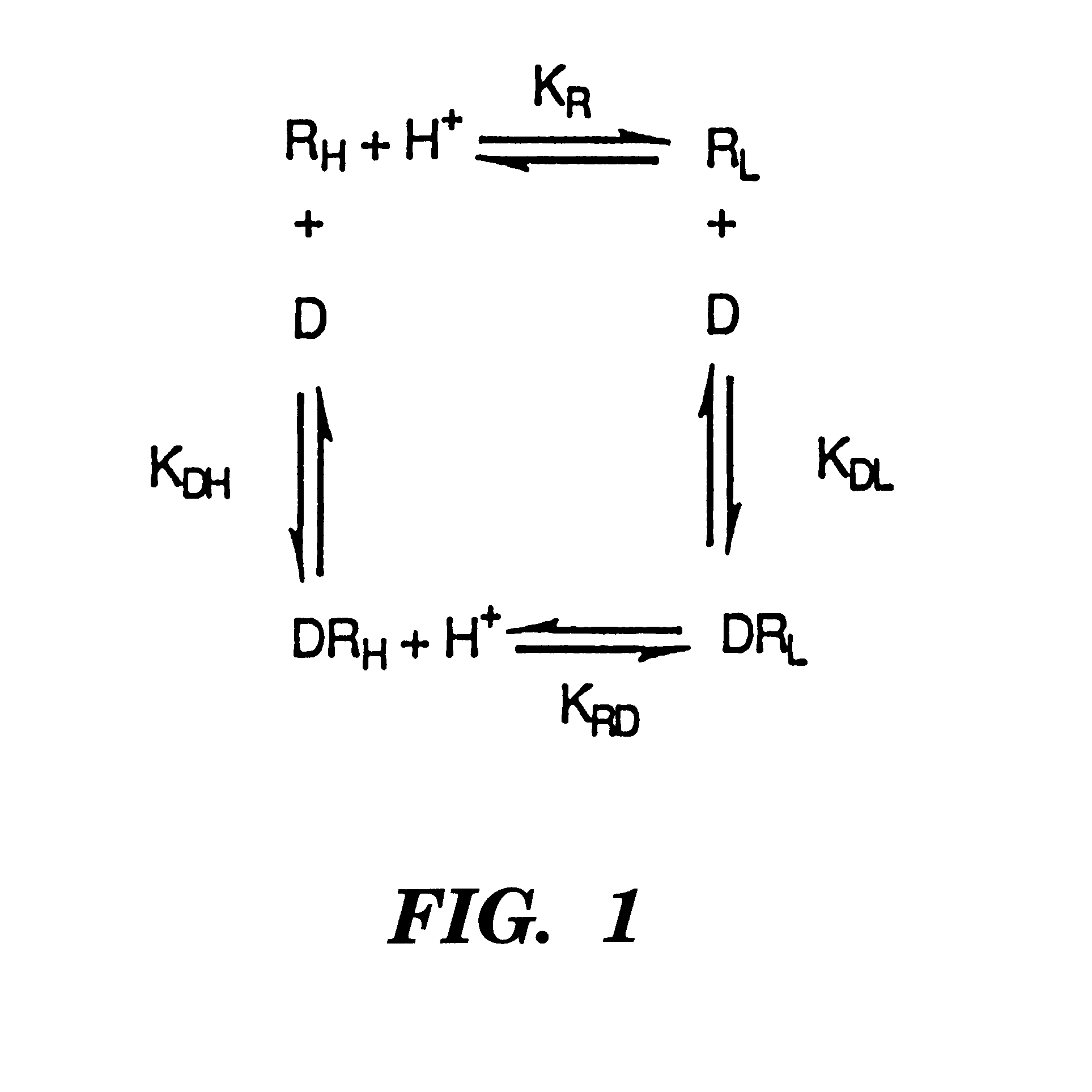
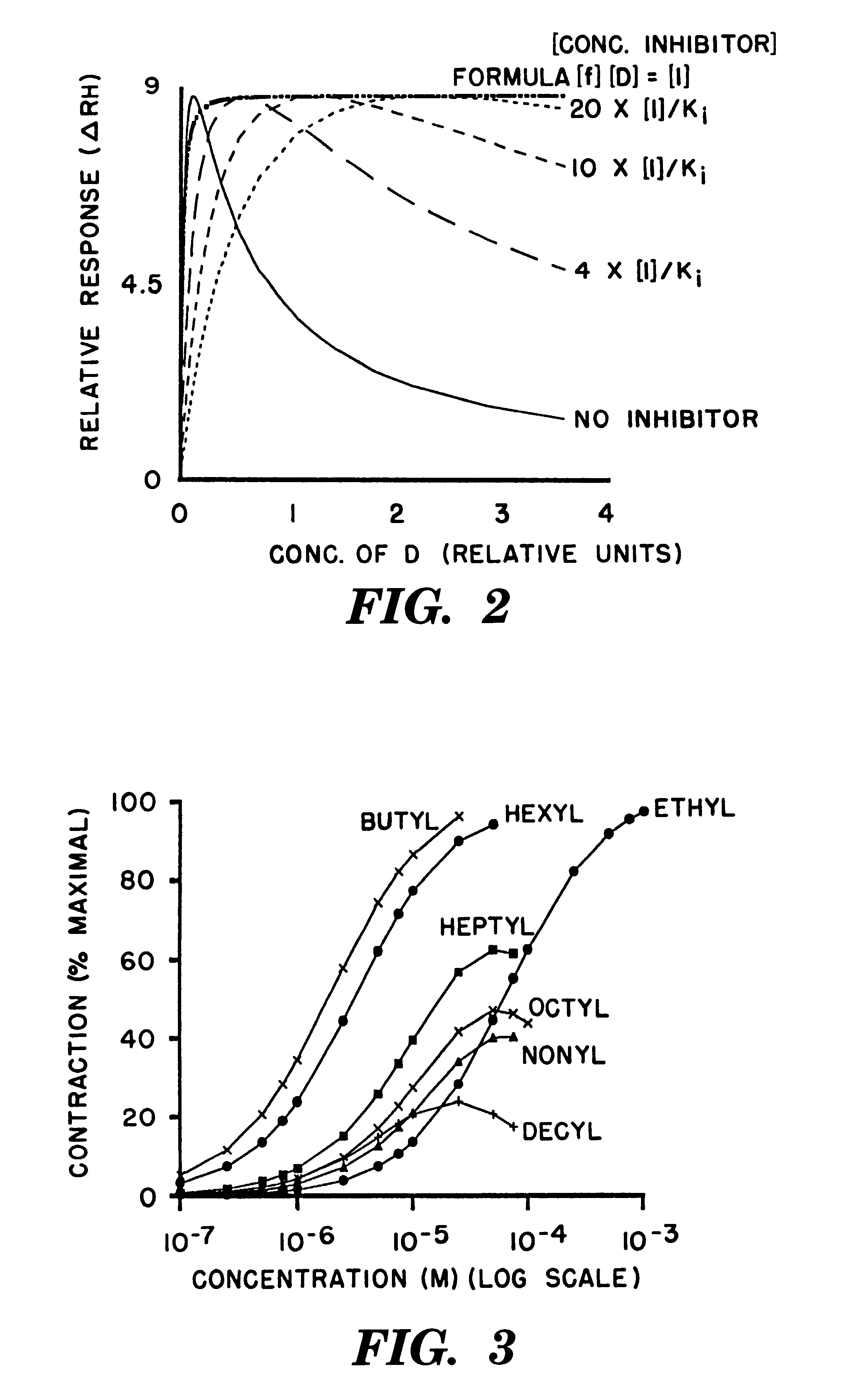
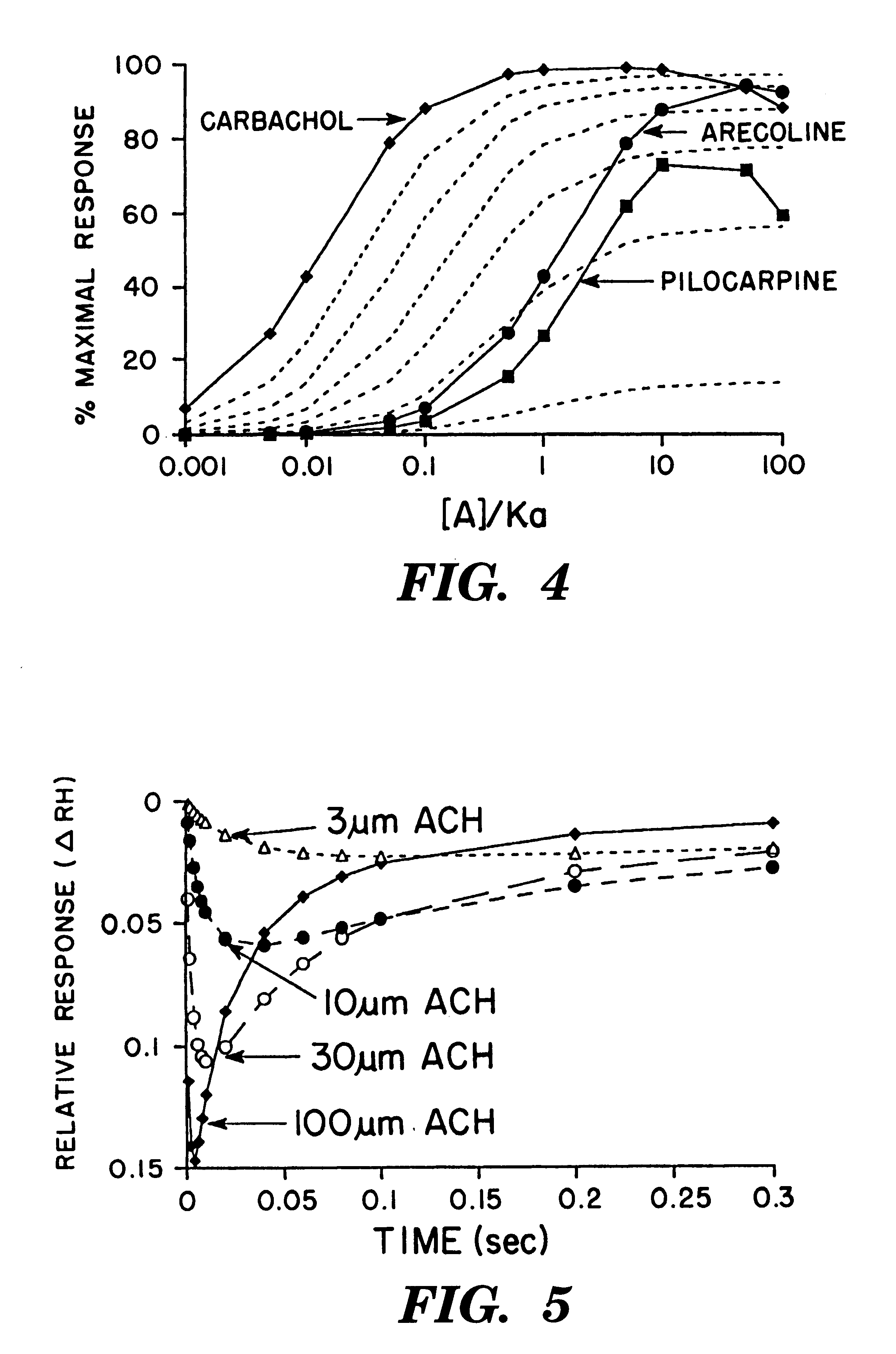
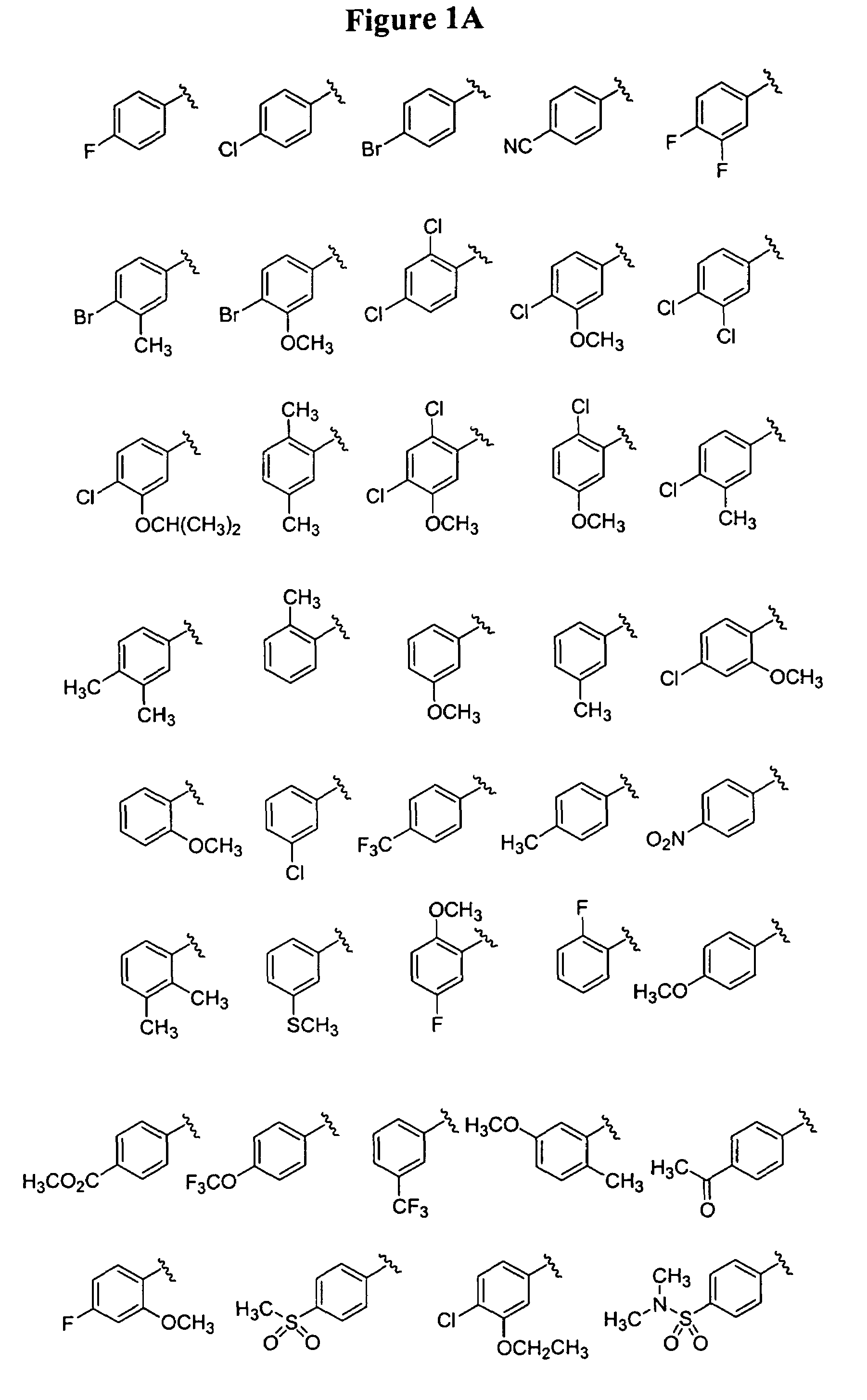

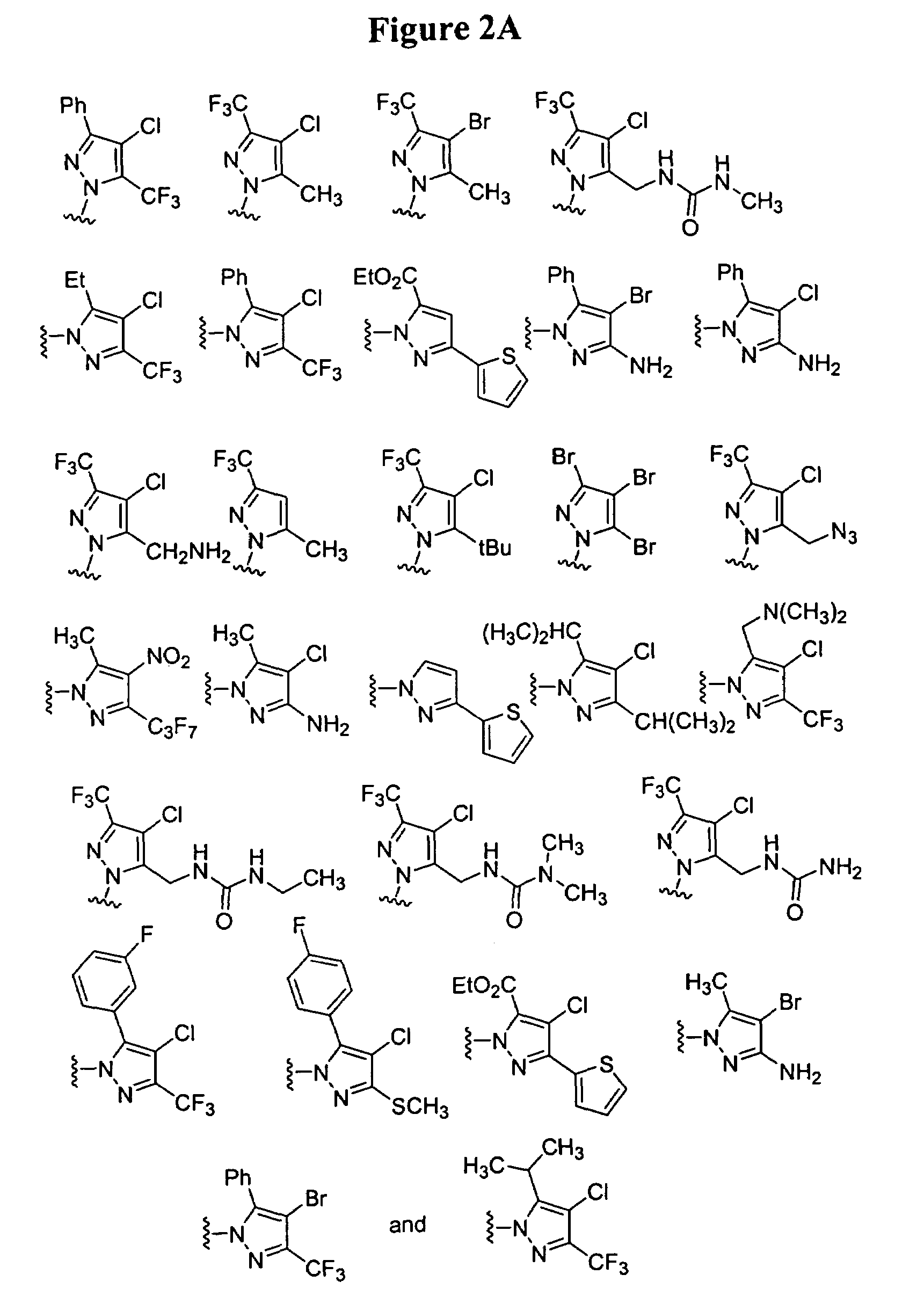
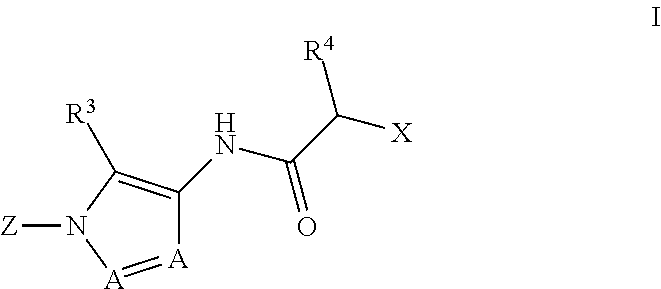
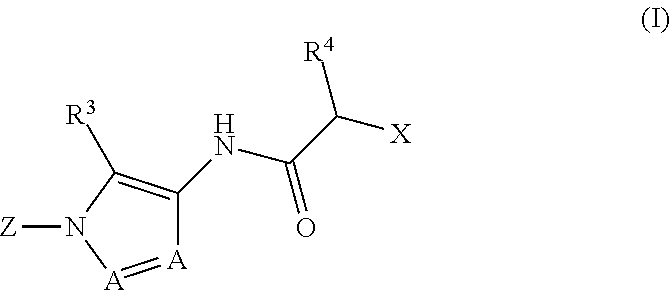
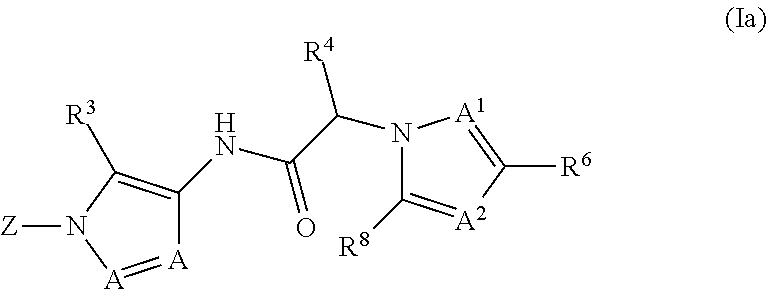
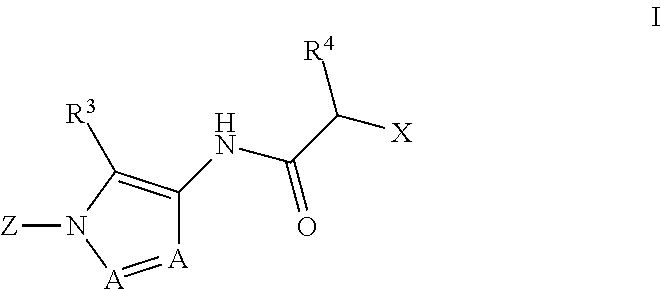
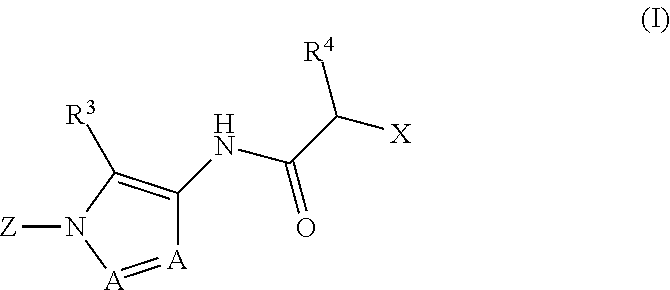
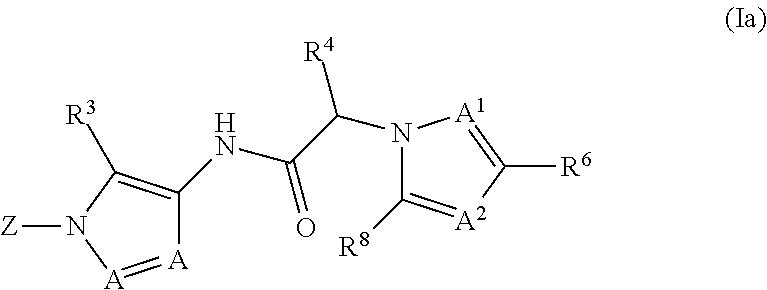
![4-amino-3-(imidazolyl)-pyrazolo[3,4-D]pyrimidines 4-amino-3-(imidazolyl)-pyrazolo[3,4-D]pyrimidines](https://images-eureka-patsnap-com.libproxy1.nus.edu.sg/patent_img/276c3599-cf5c-485a-aa38-7b3eb214dece/US08343975-20130101-C00001.png)
![4-amino-3-(imidazolyl)-pyrazolo[3,4-D]pyrimidines 4-amino-3-(imidazolyl)-pyrazolo[3,4-D]pyrimidines](https://images-eureka-patsnap-com.libproxy1.nus.edu.sg/patent_img/276c3599-cf5c-485a-aa38-7b3eb214dece/US08343975-20130101-C00002.png)
![4-amino-3-(imidazolyl)-pyrazolo[3,4-D]pyrimidines 4-amino-3-(imidazolyl)-pyrazolo[3,4-D]pyrimidines](https://images-eureka-patsnap-com.libproxy1.nus.edu.sg/patent_img/276c3599-cf5c-485a-aa38-7b3eb214dece/US08343975-20130101-C00003.png)


